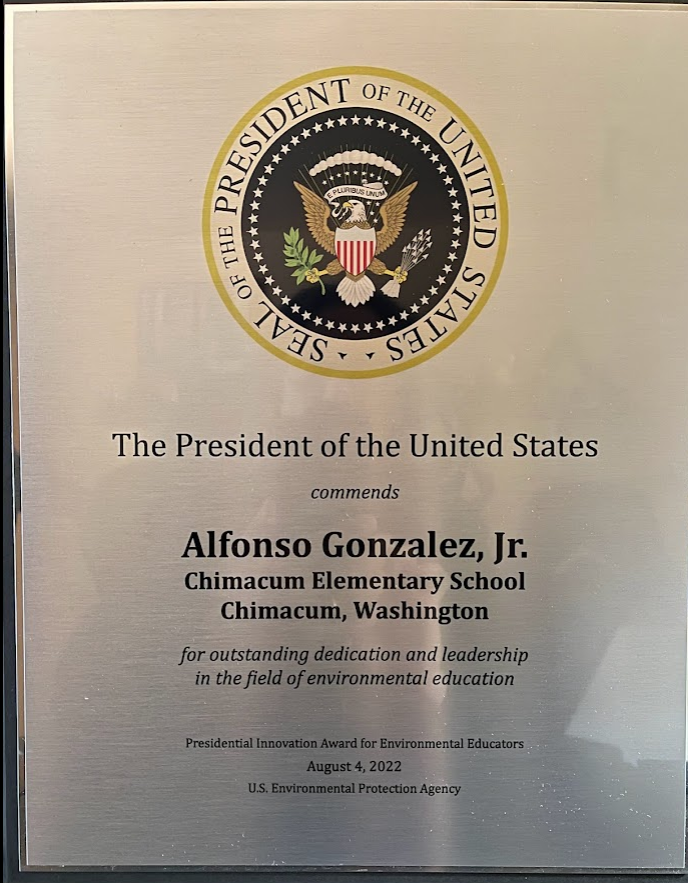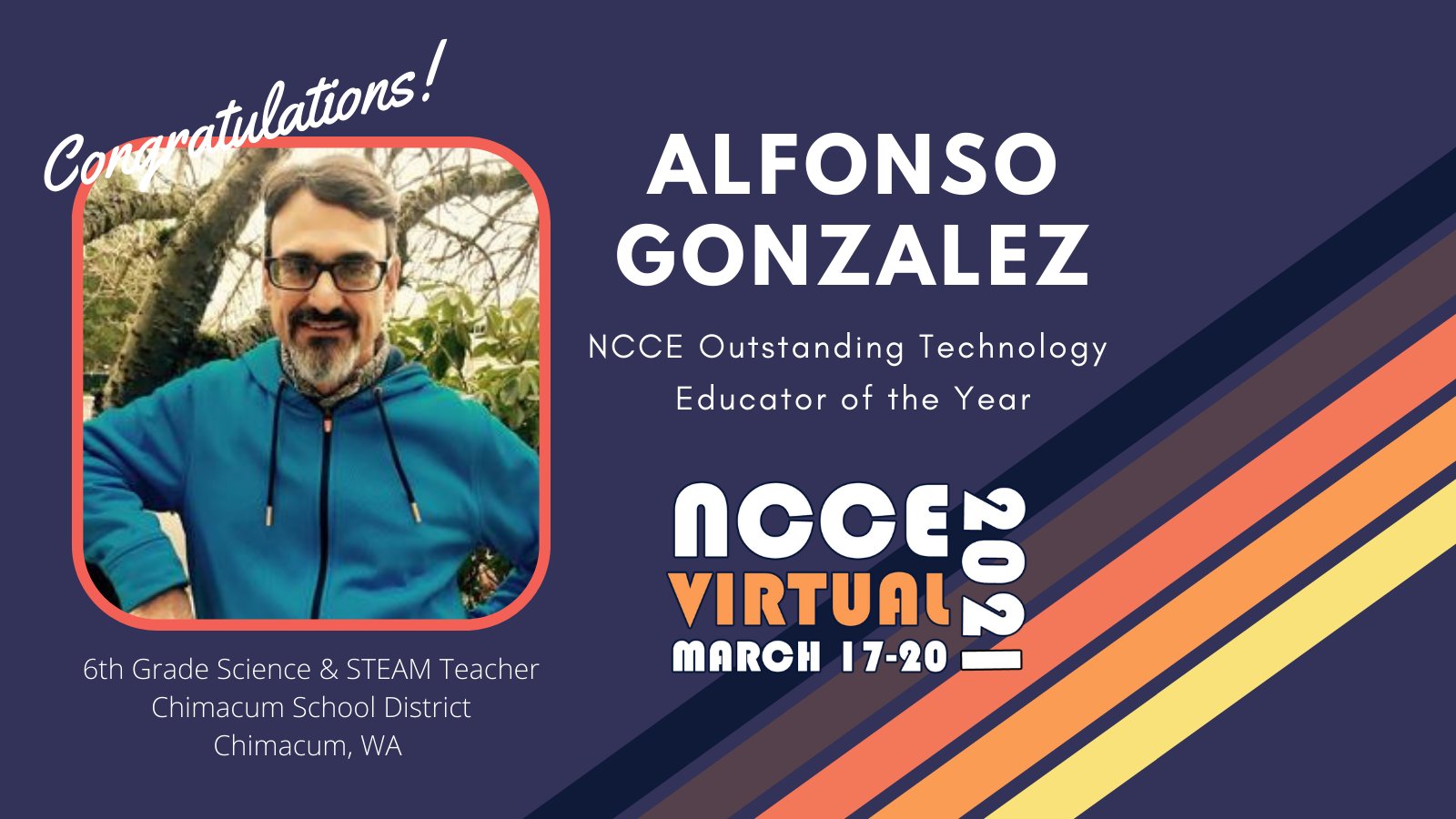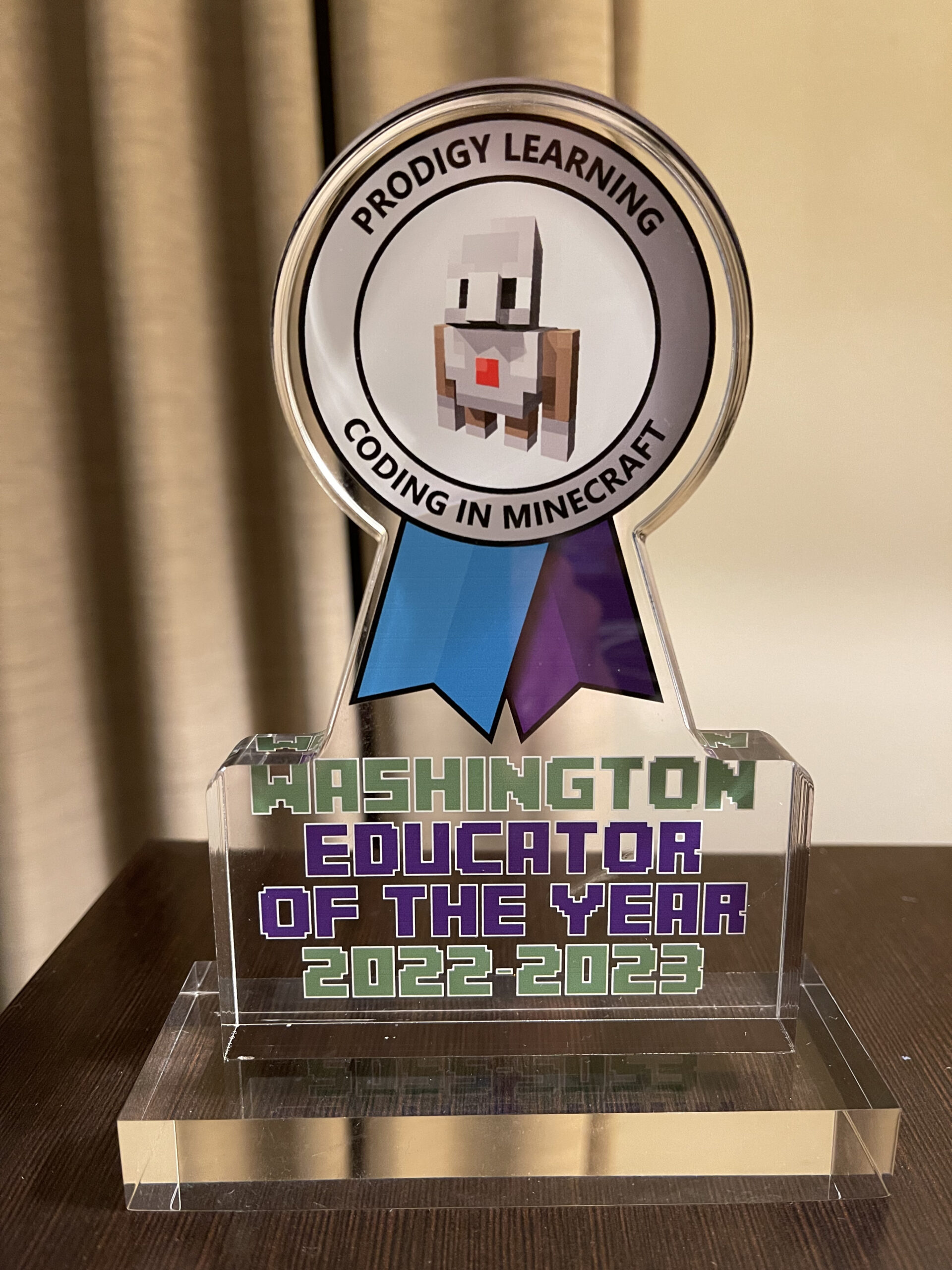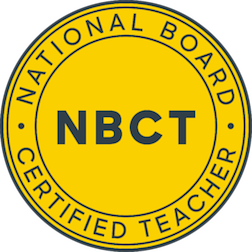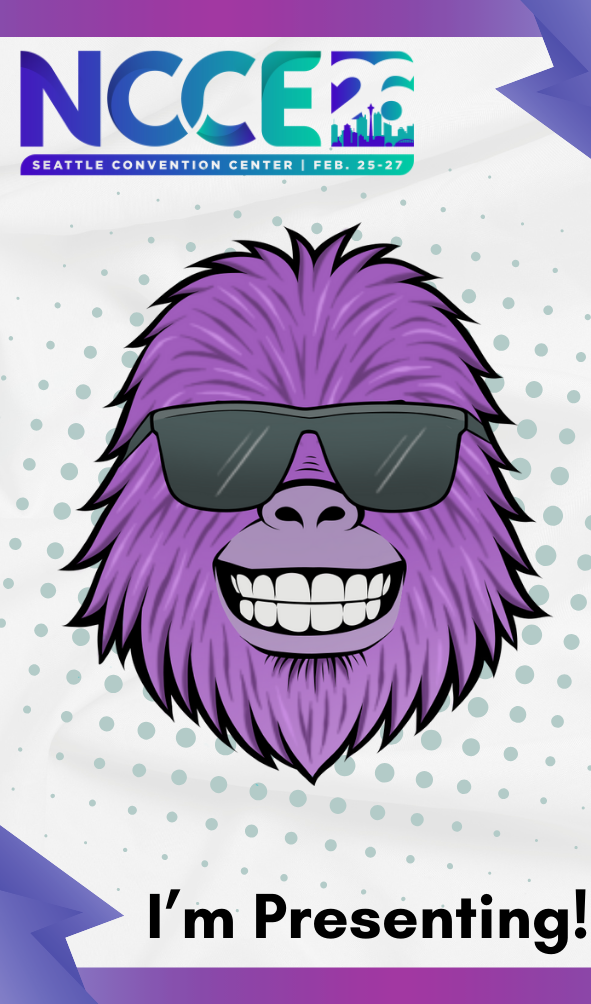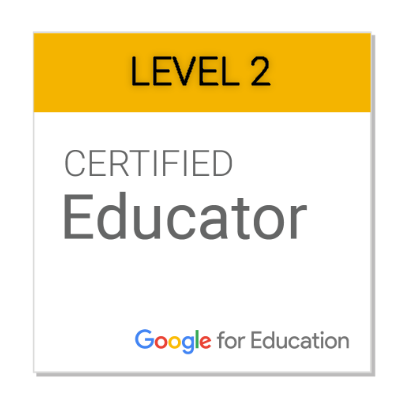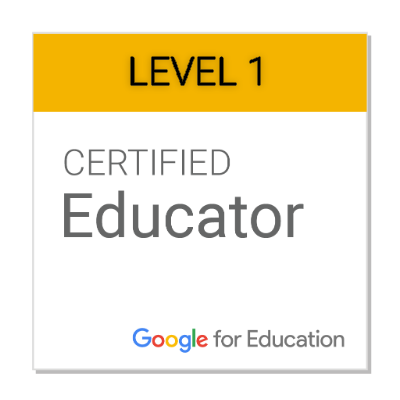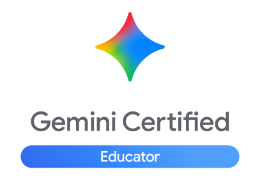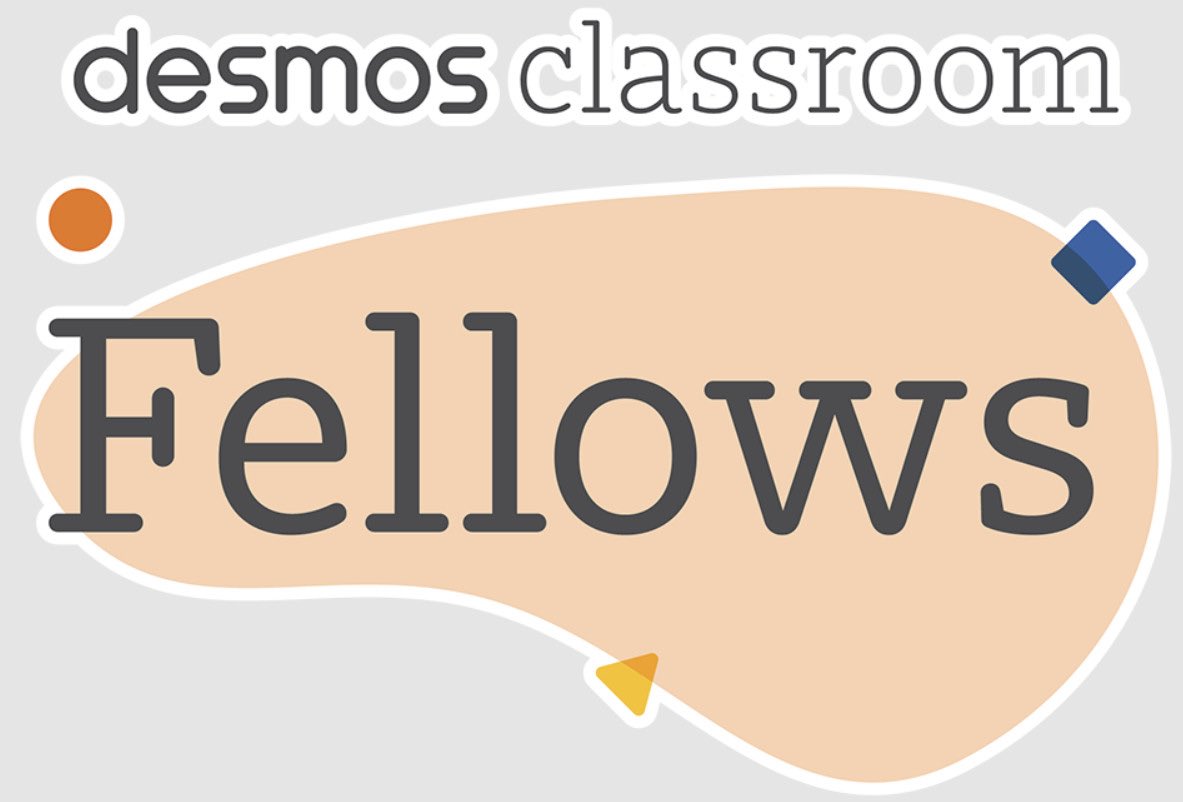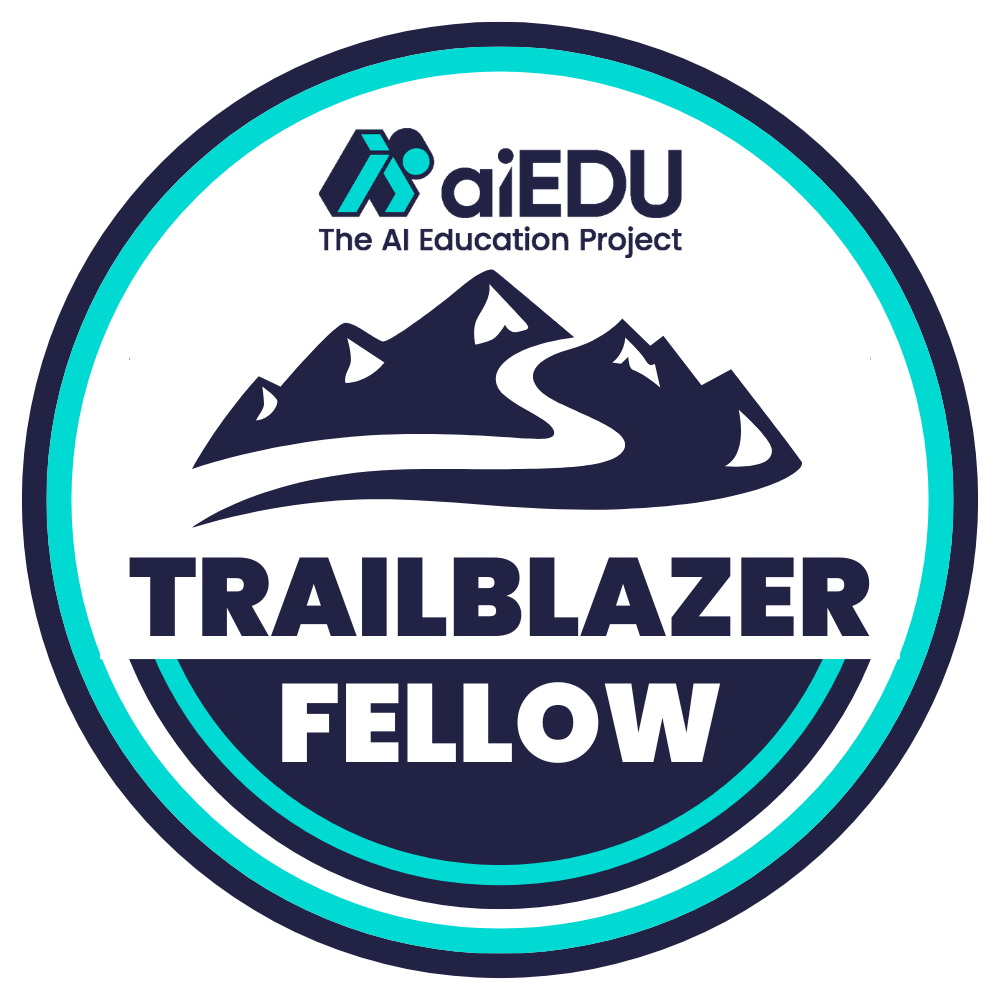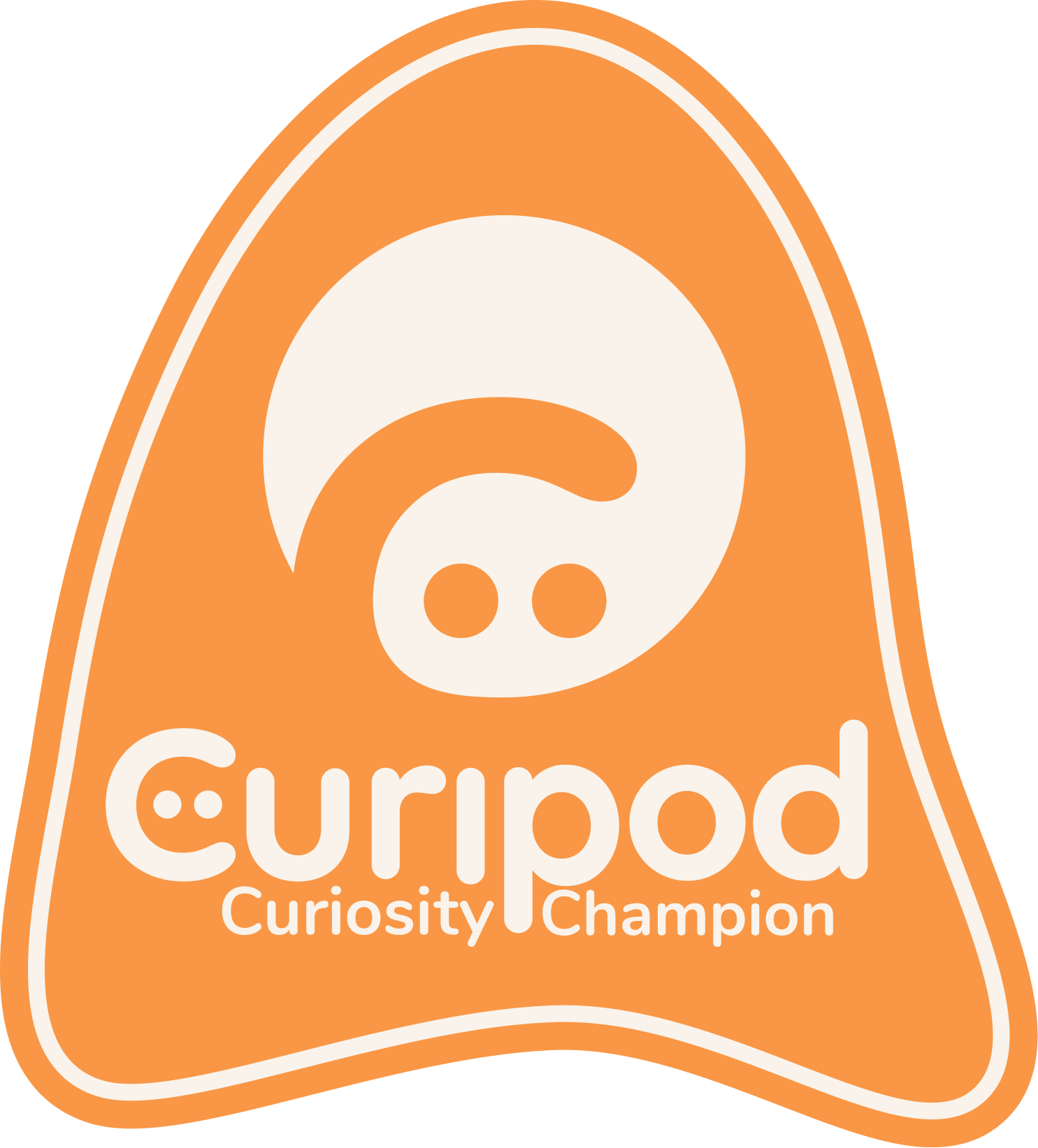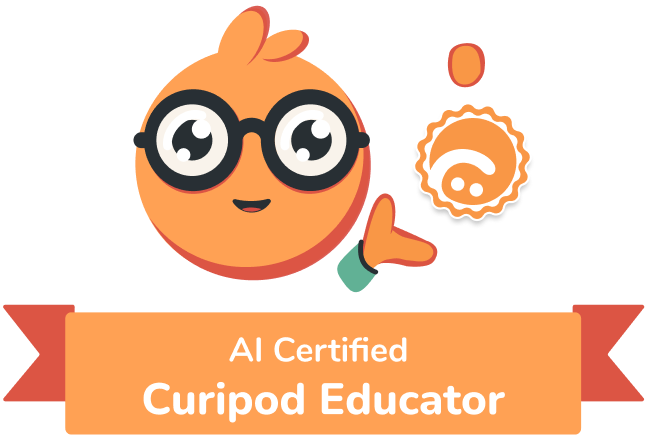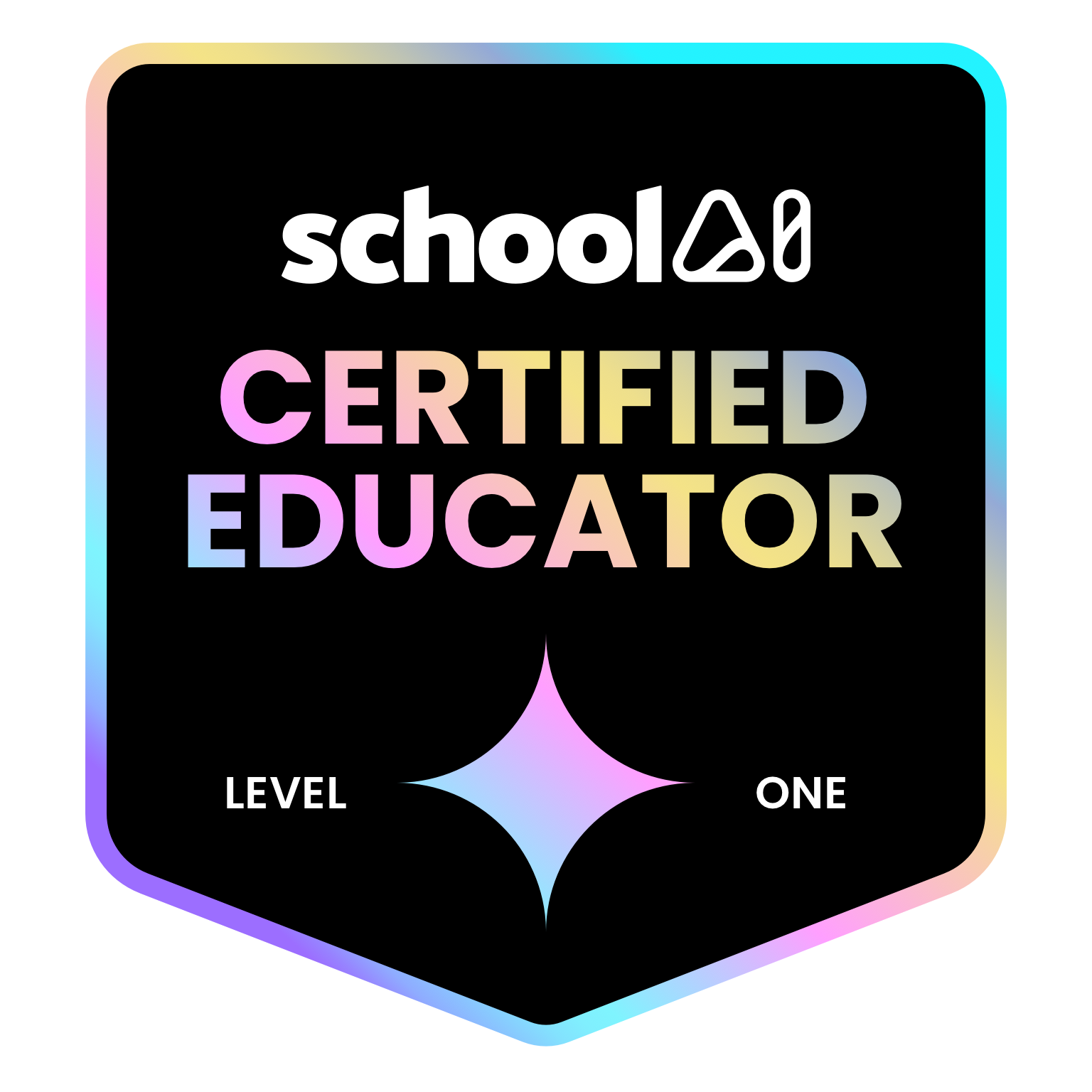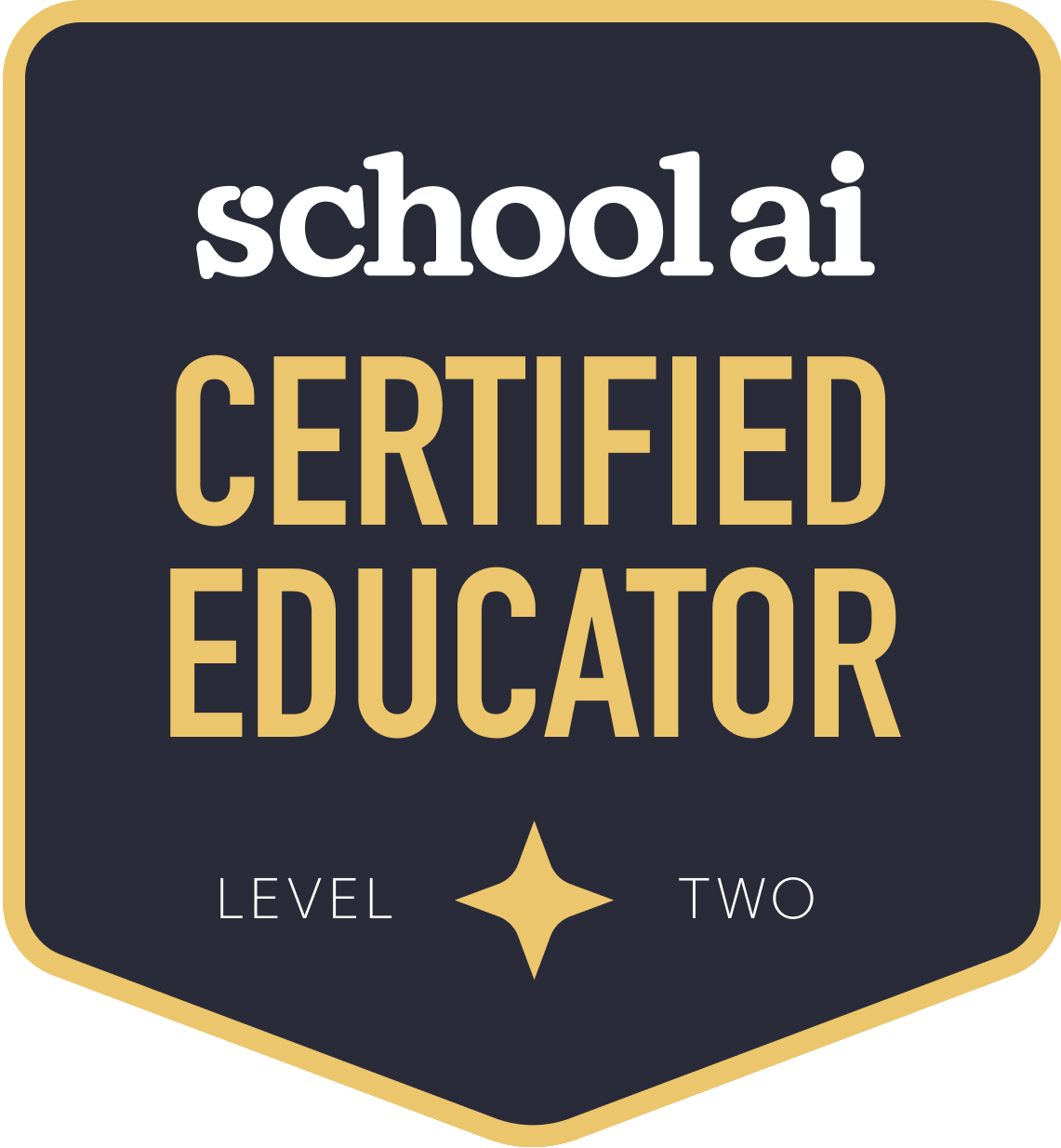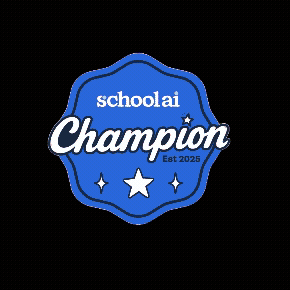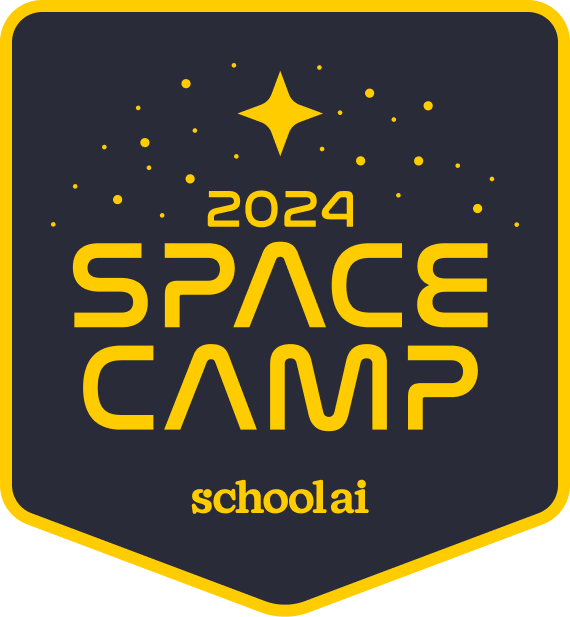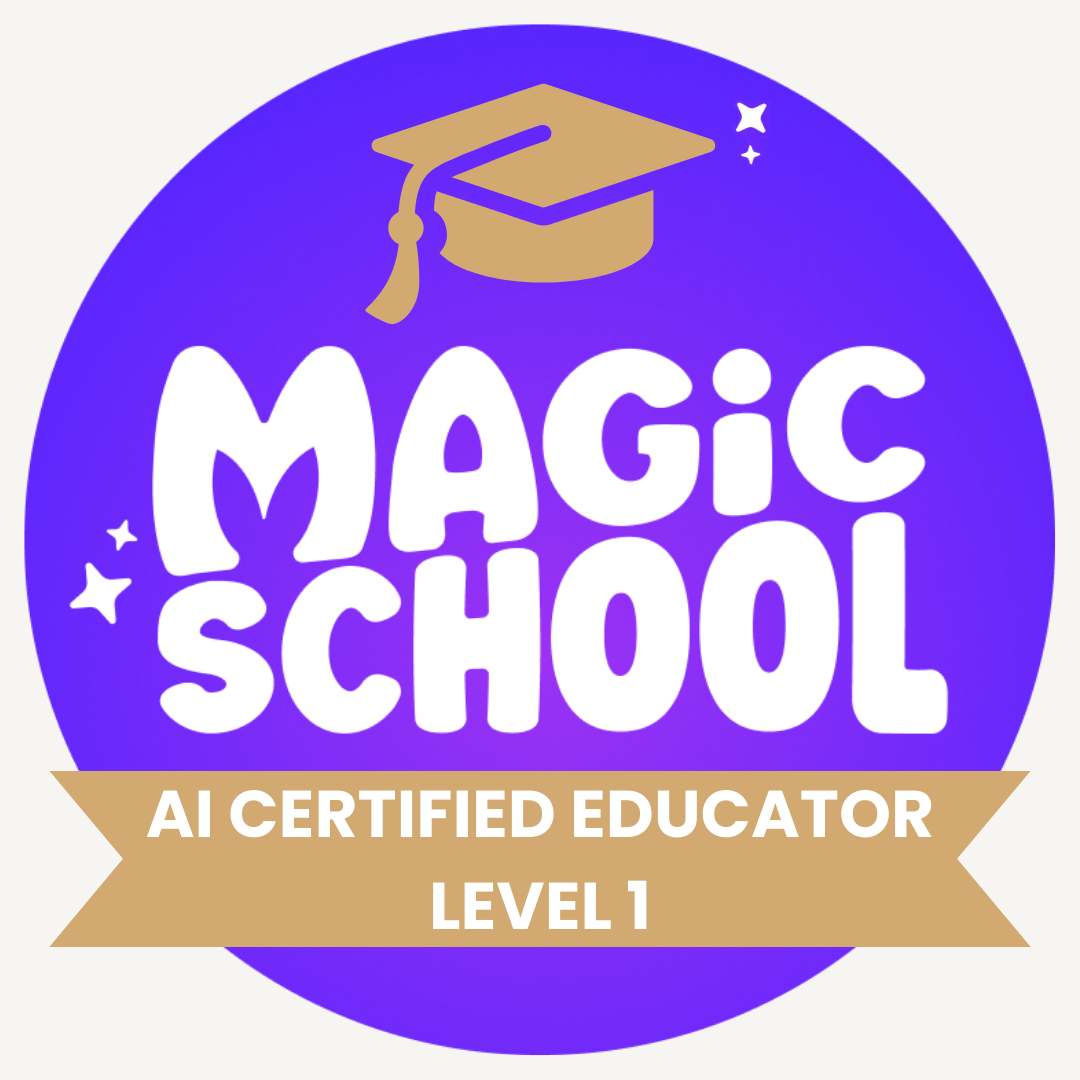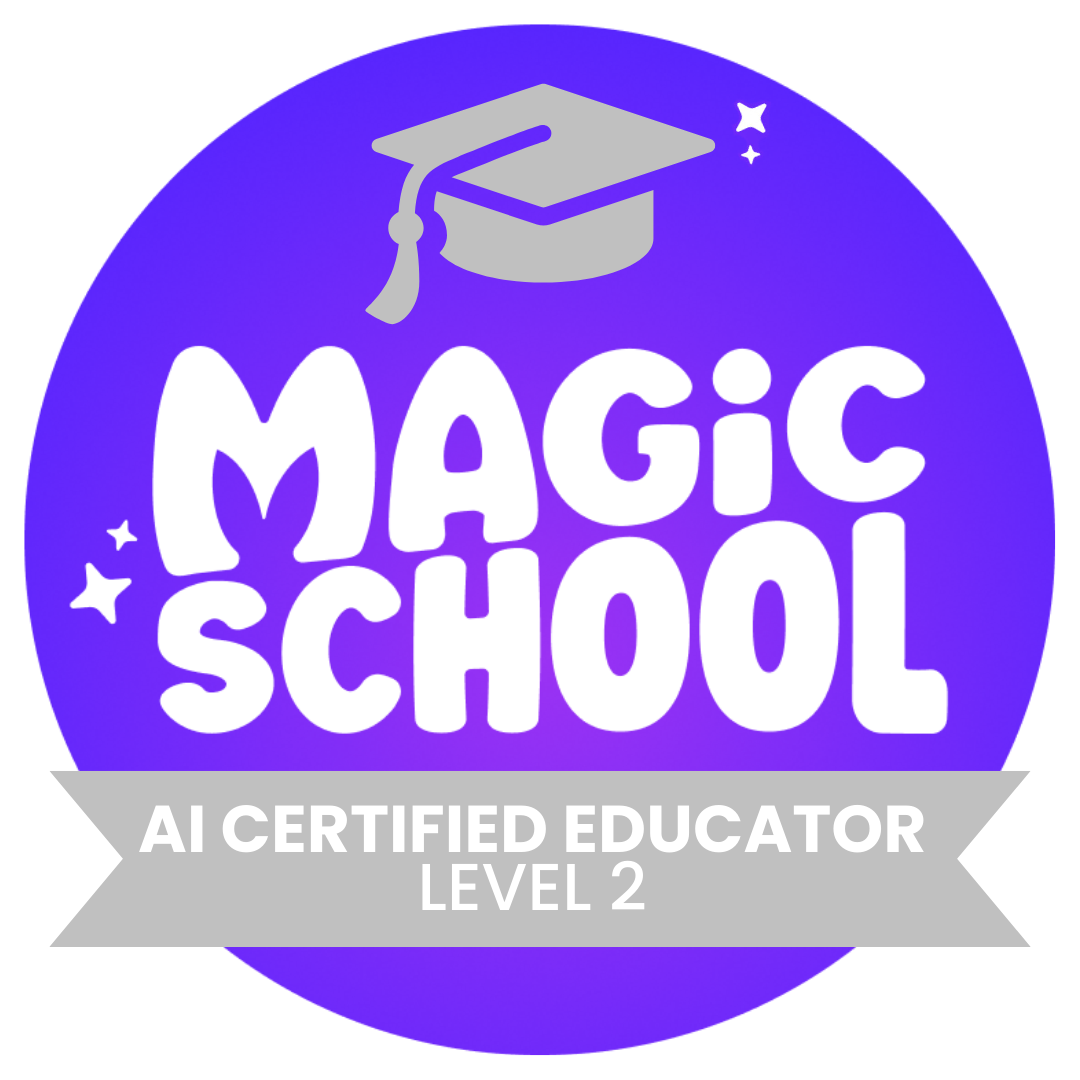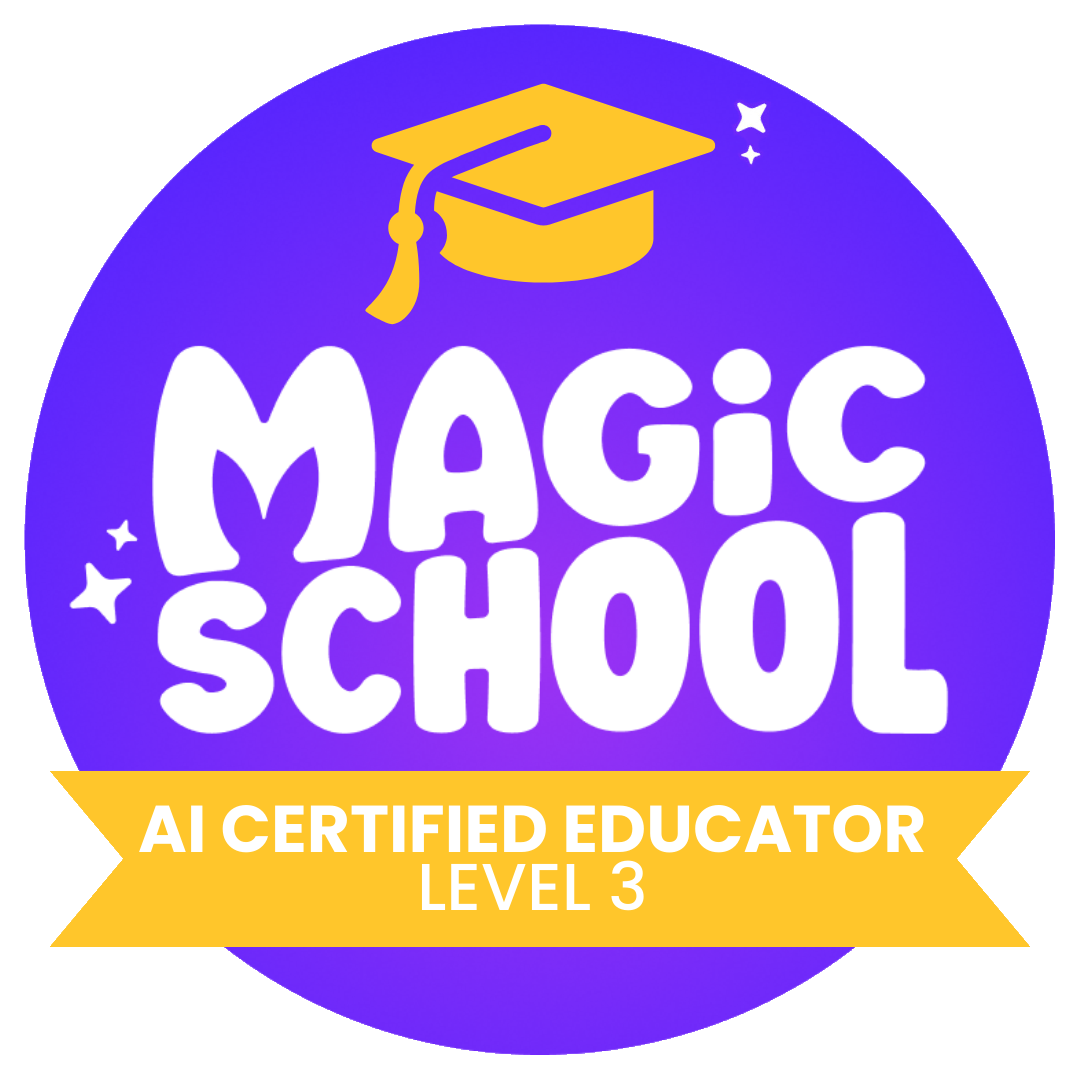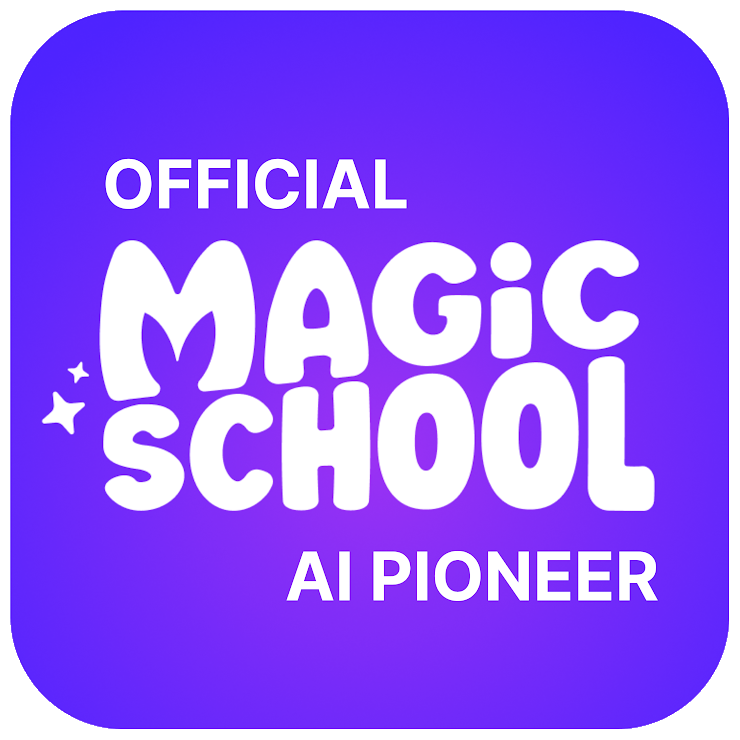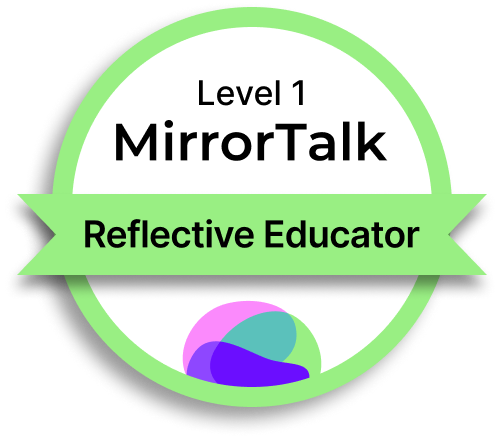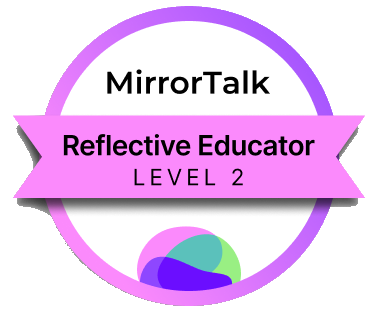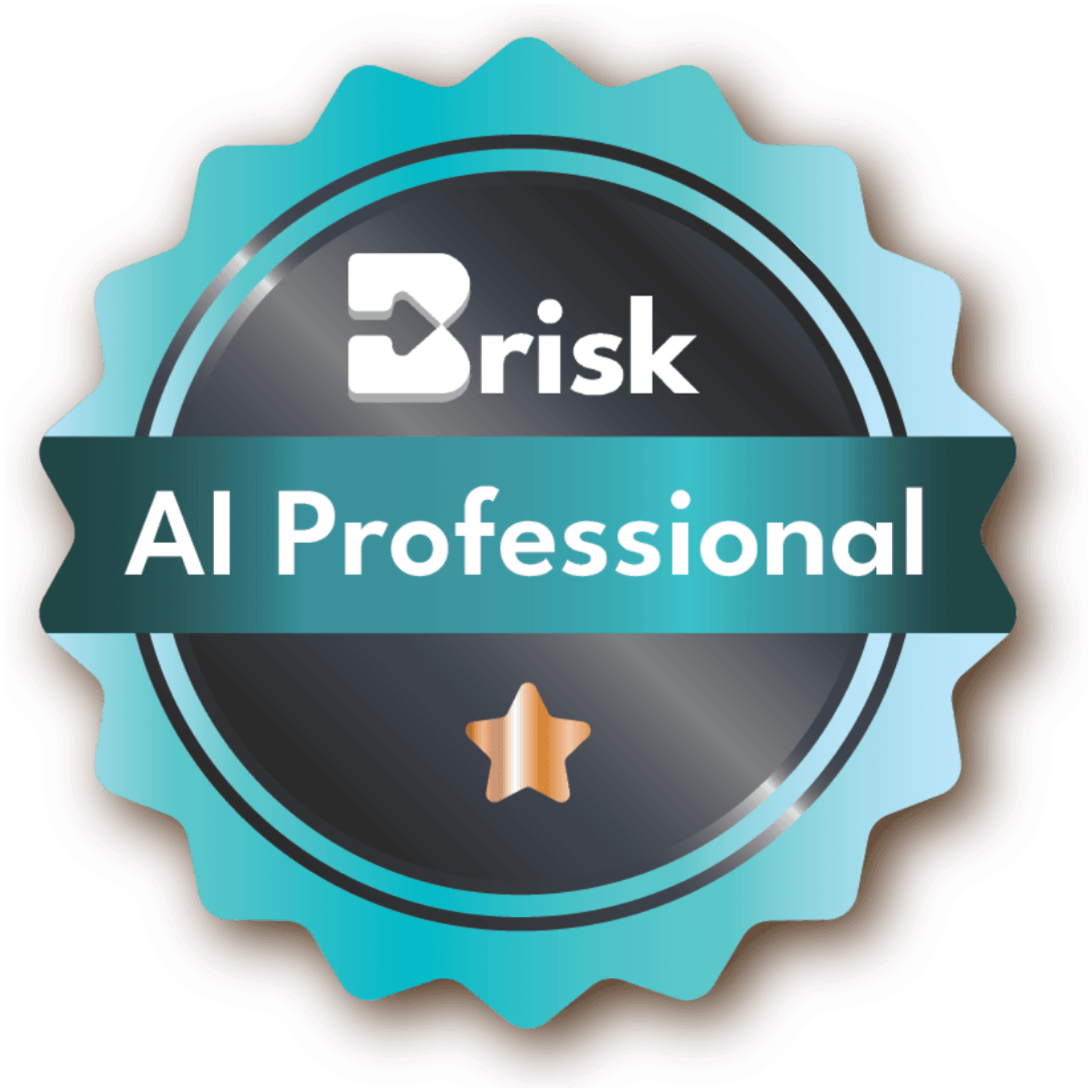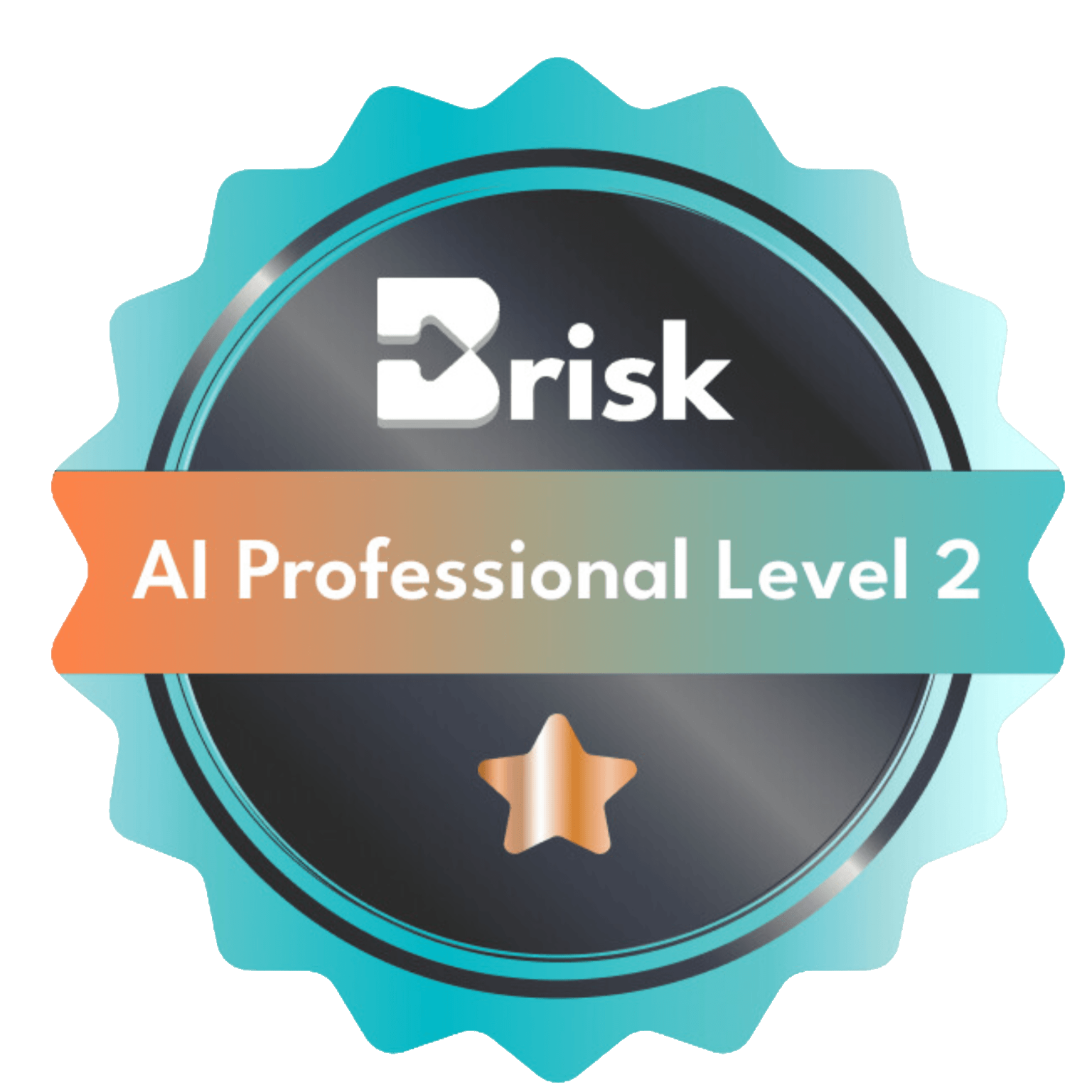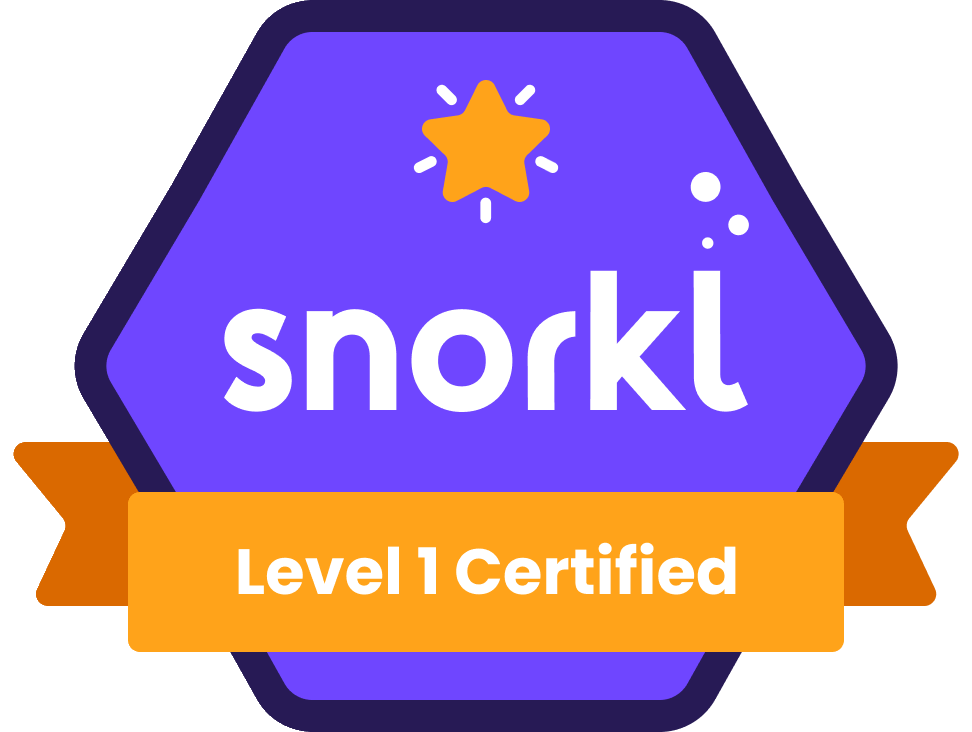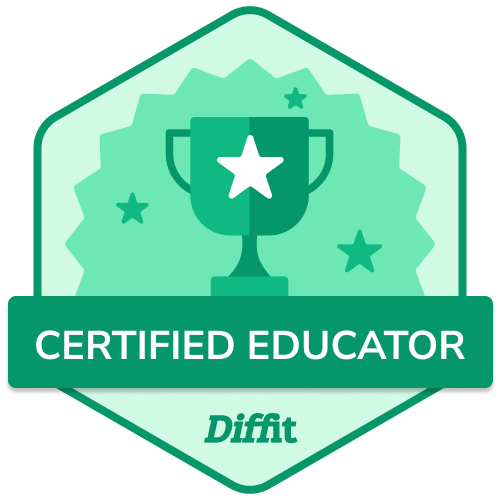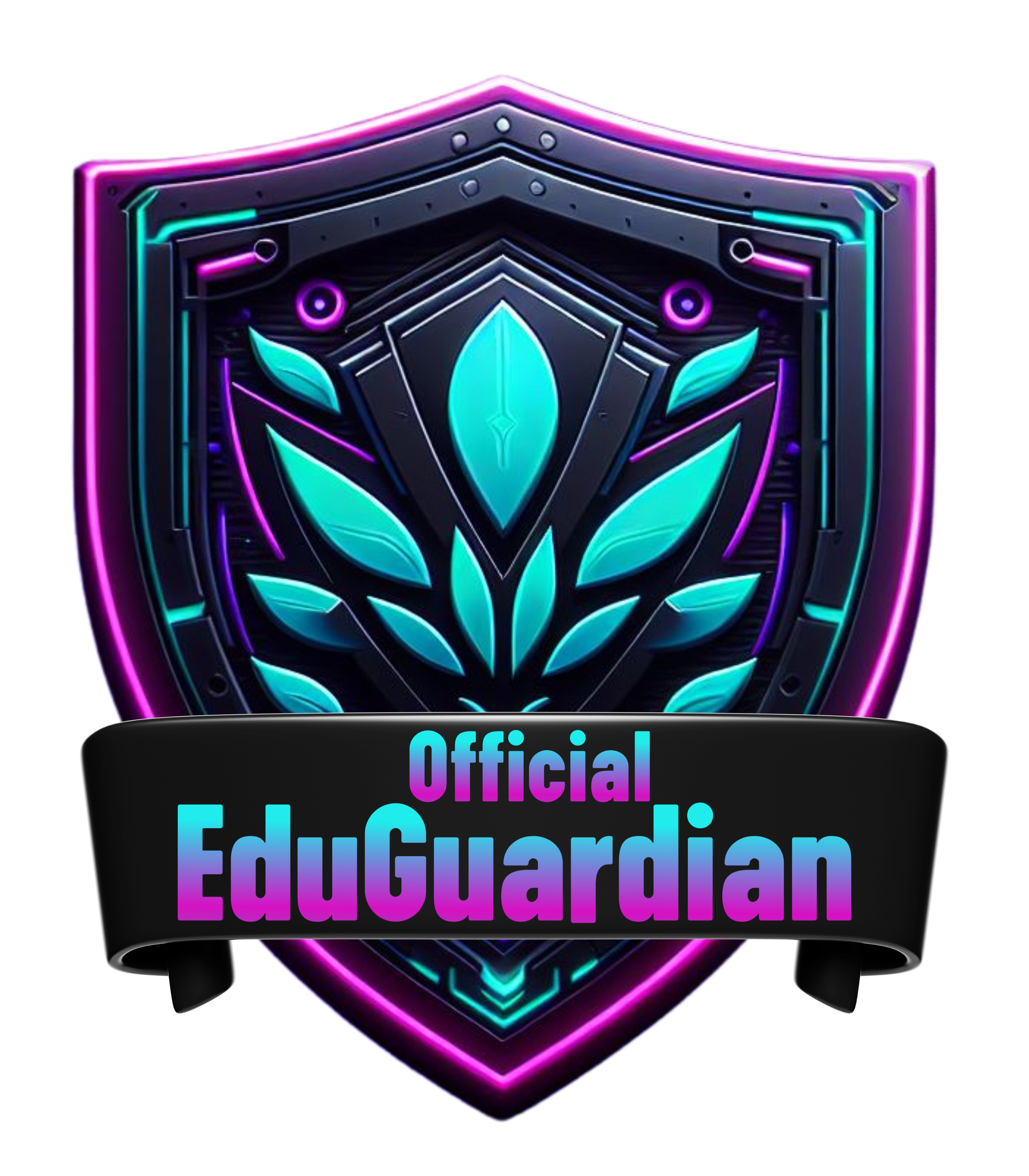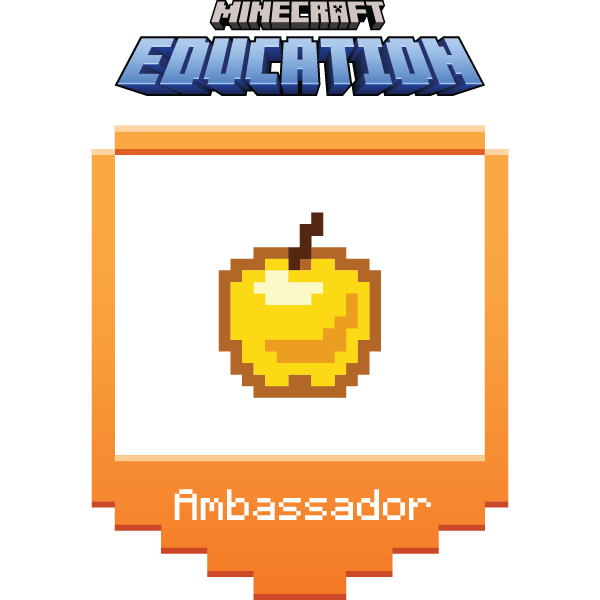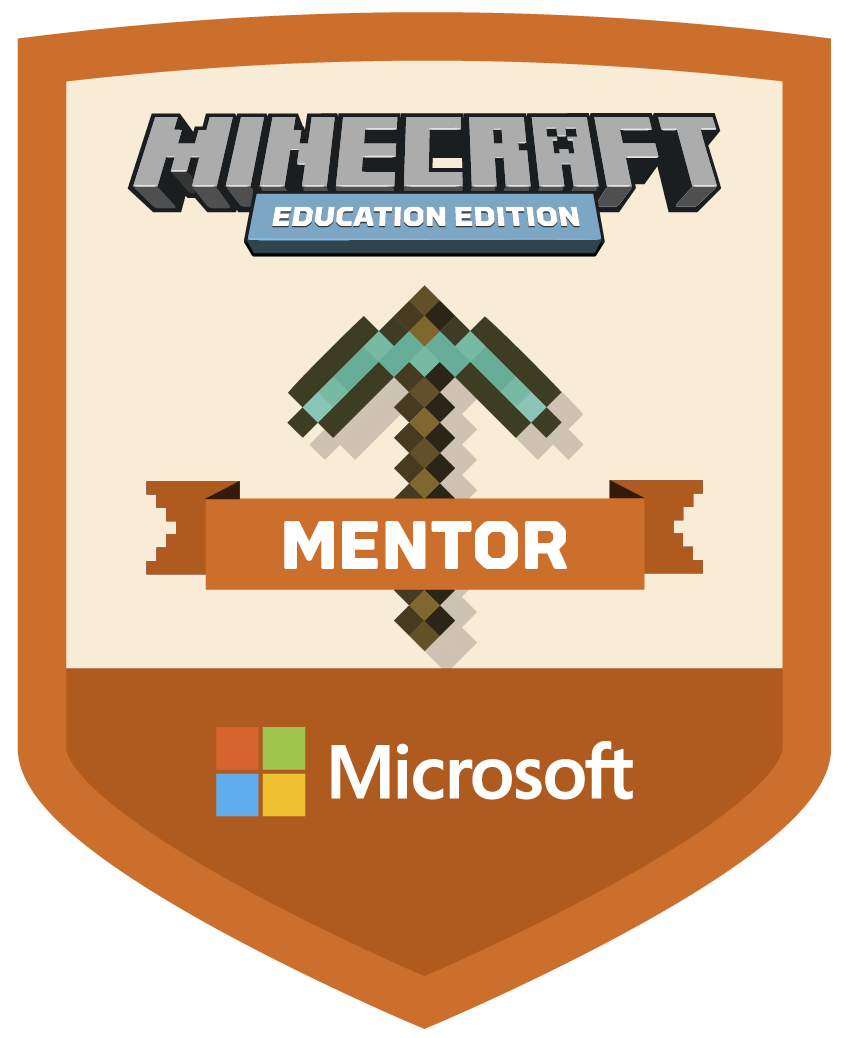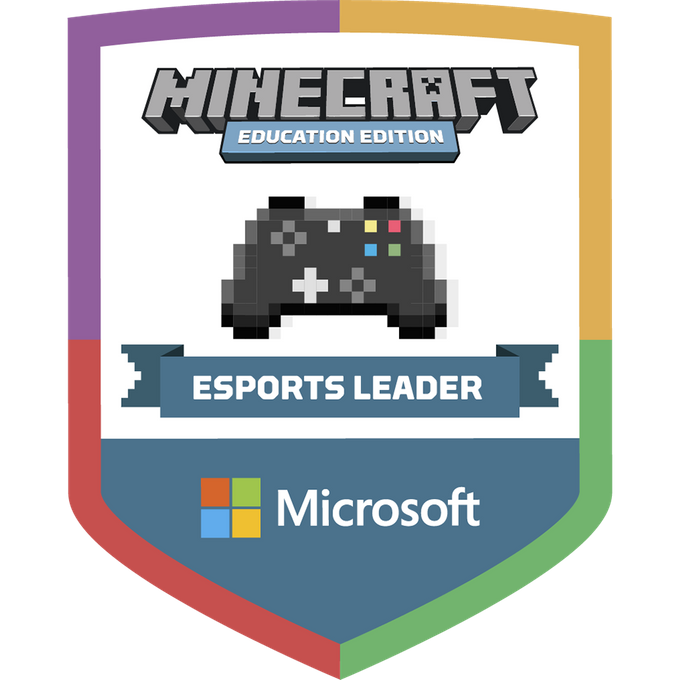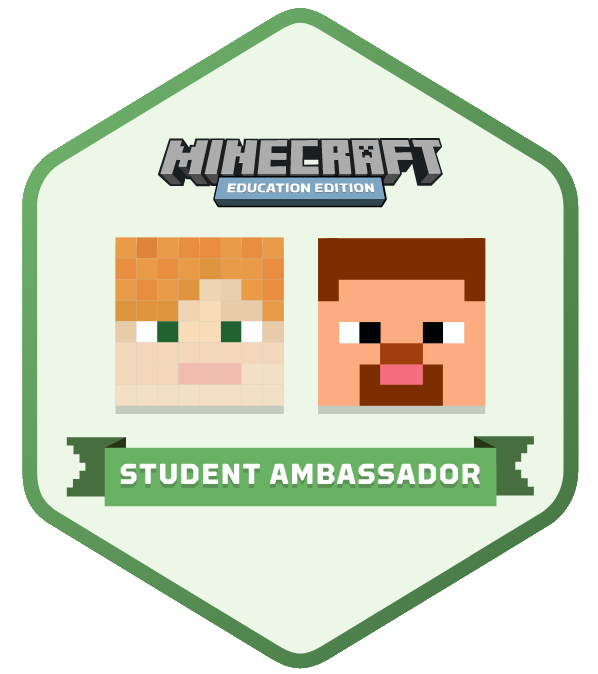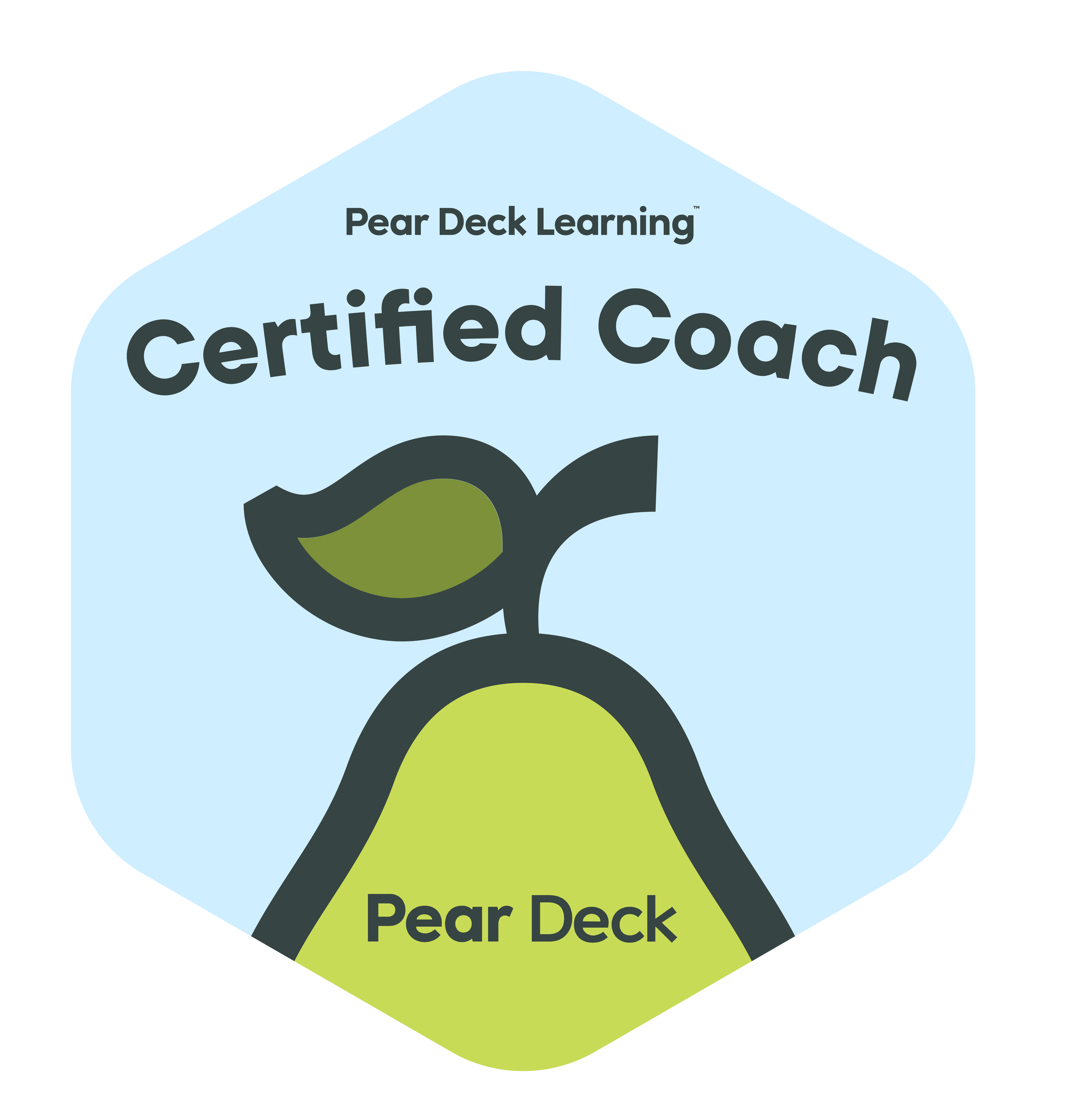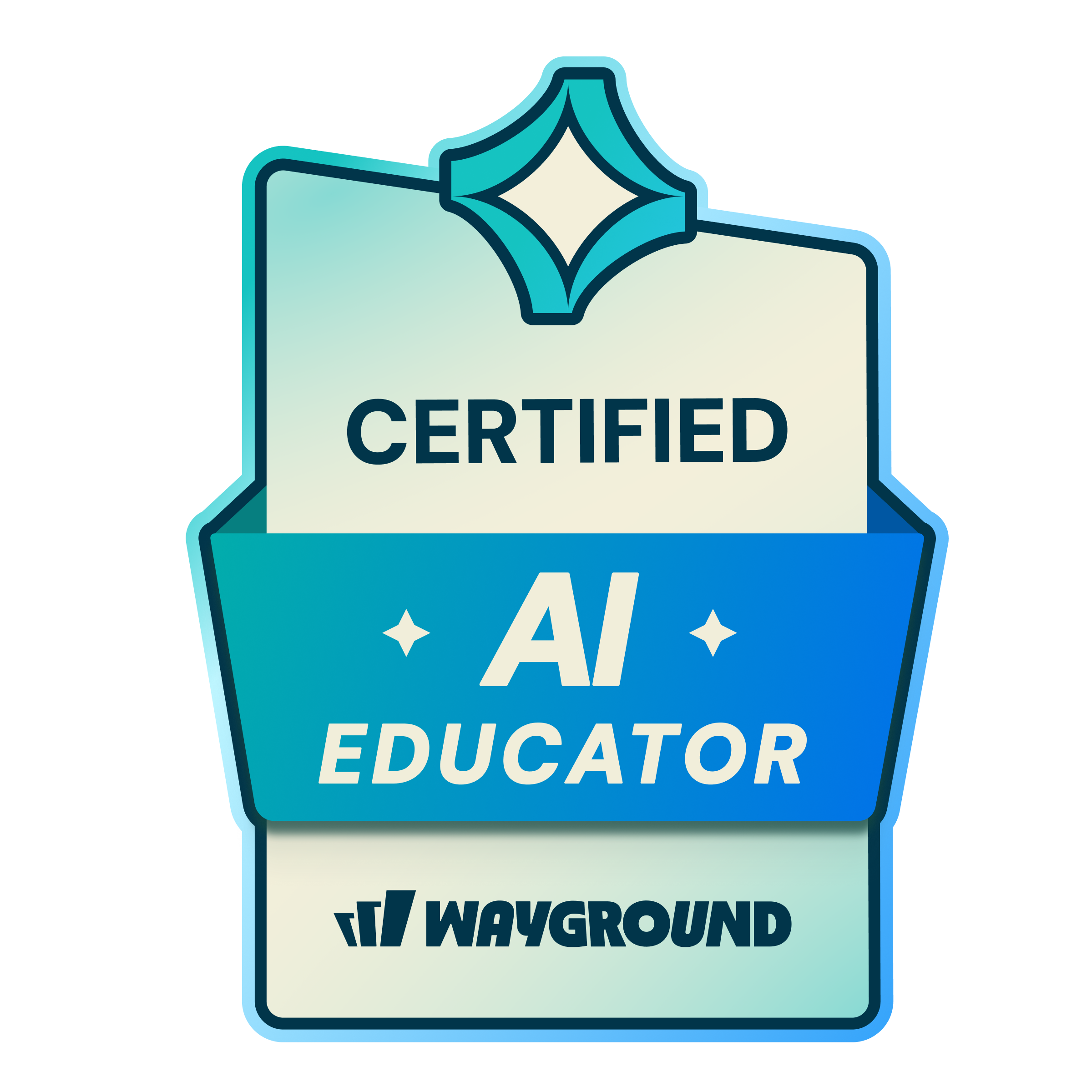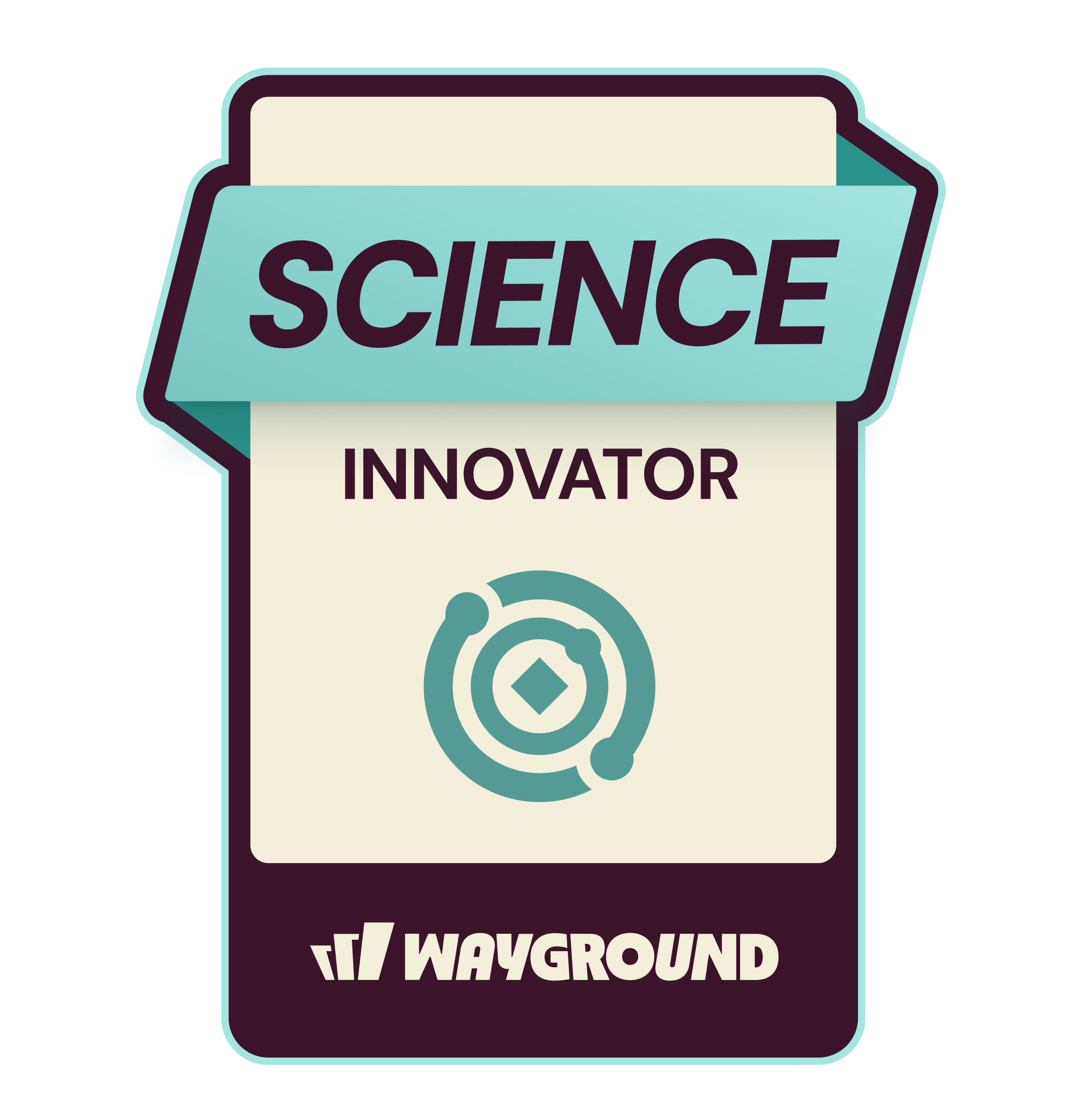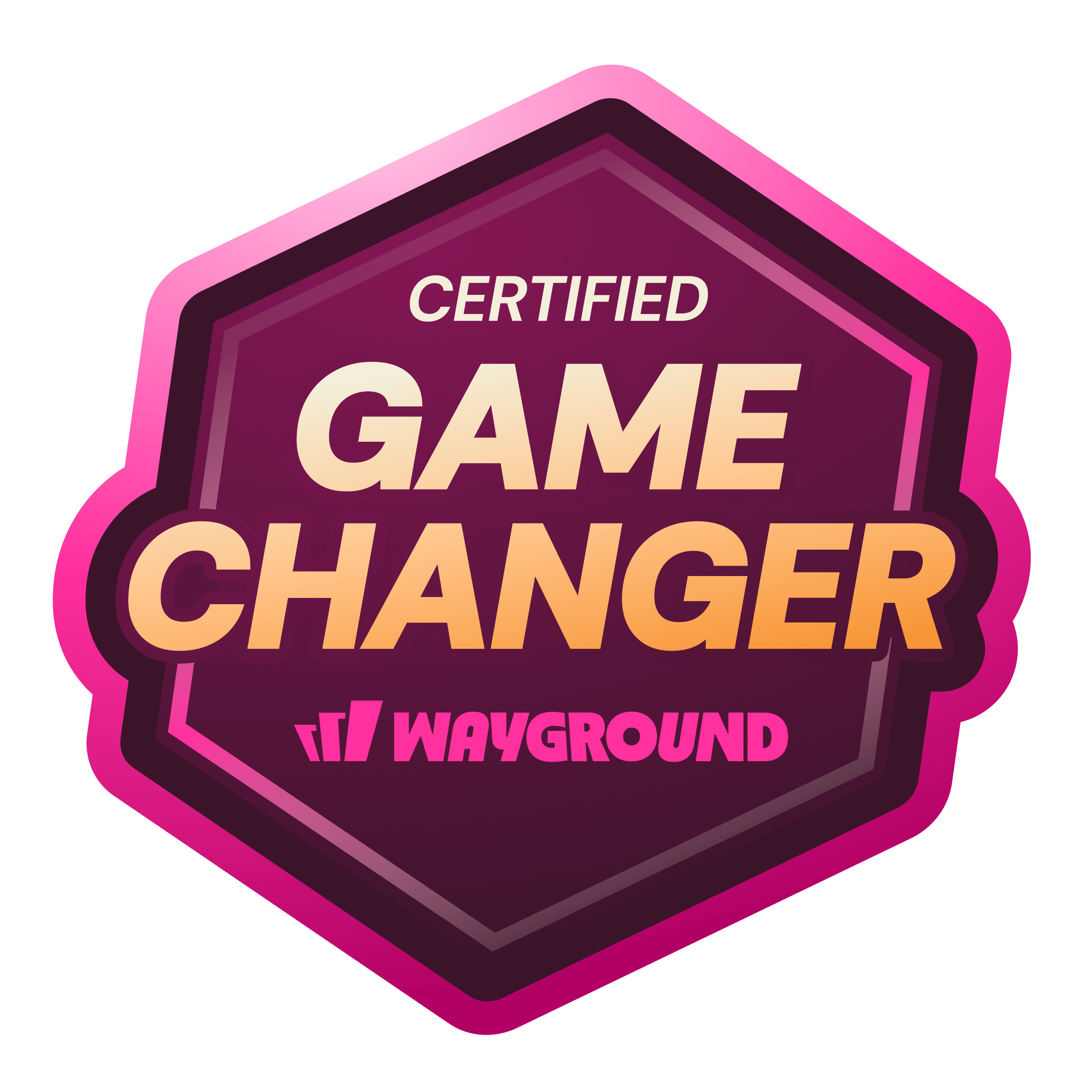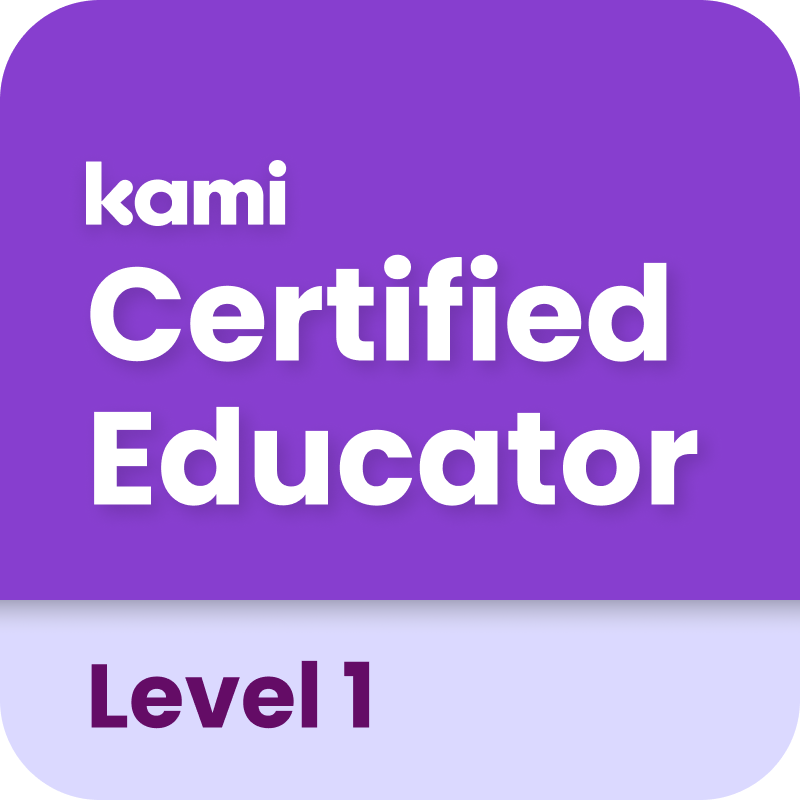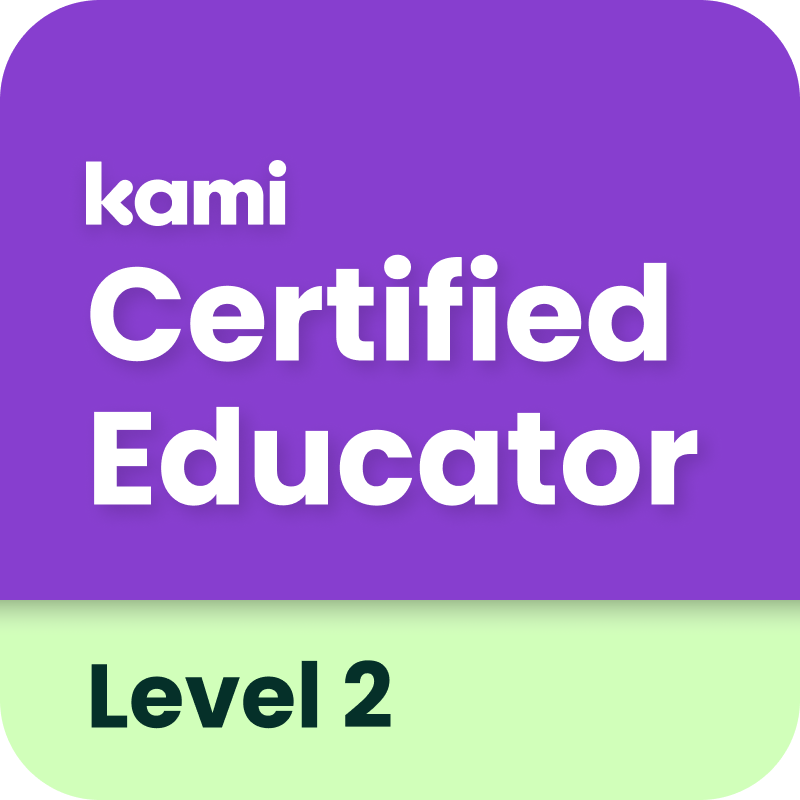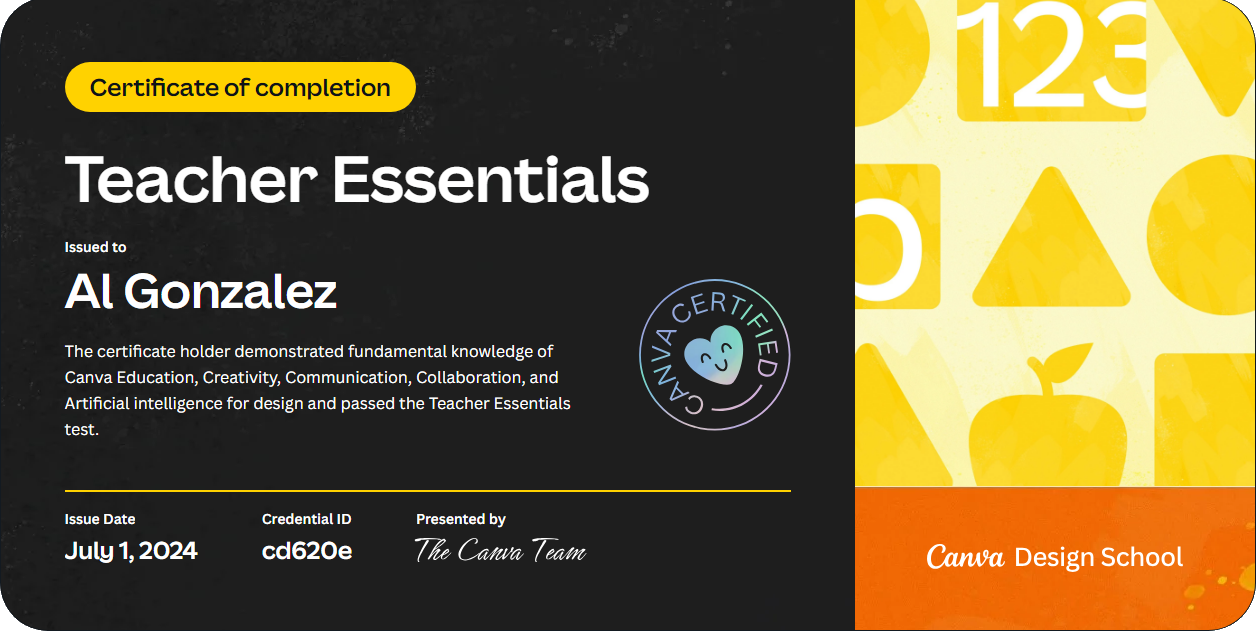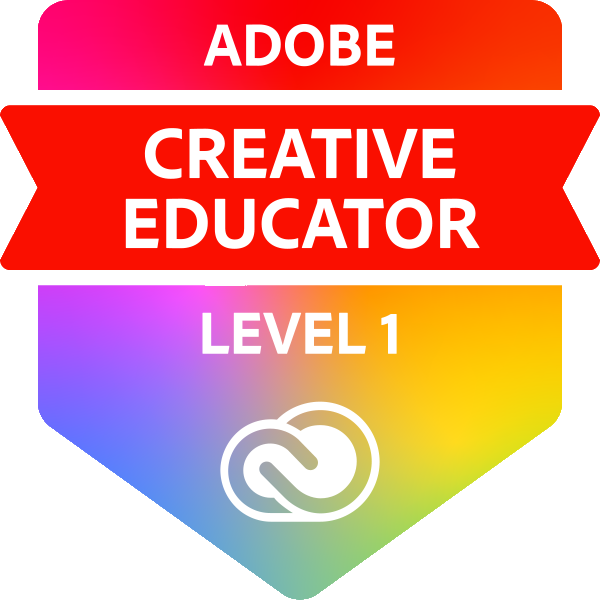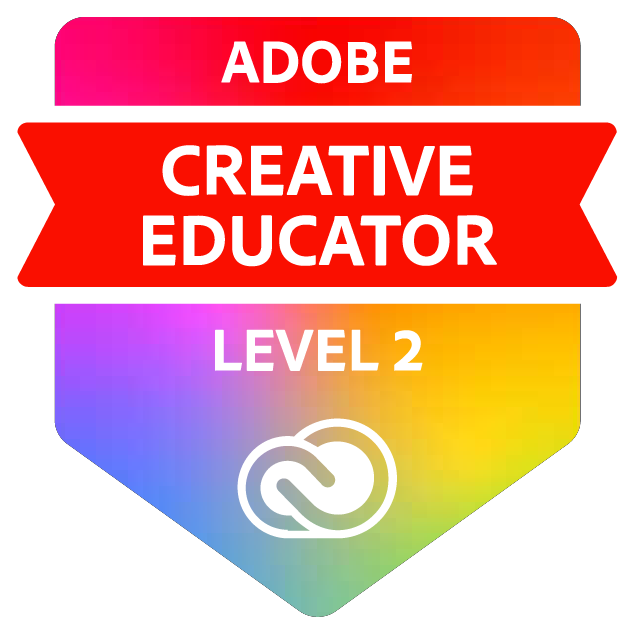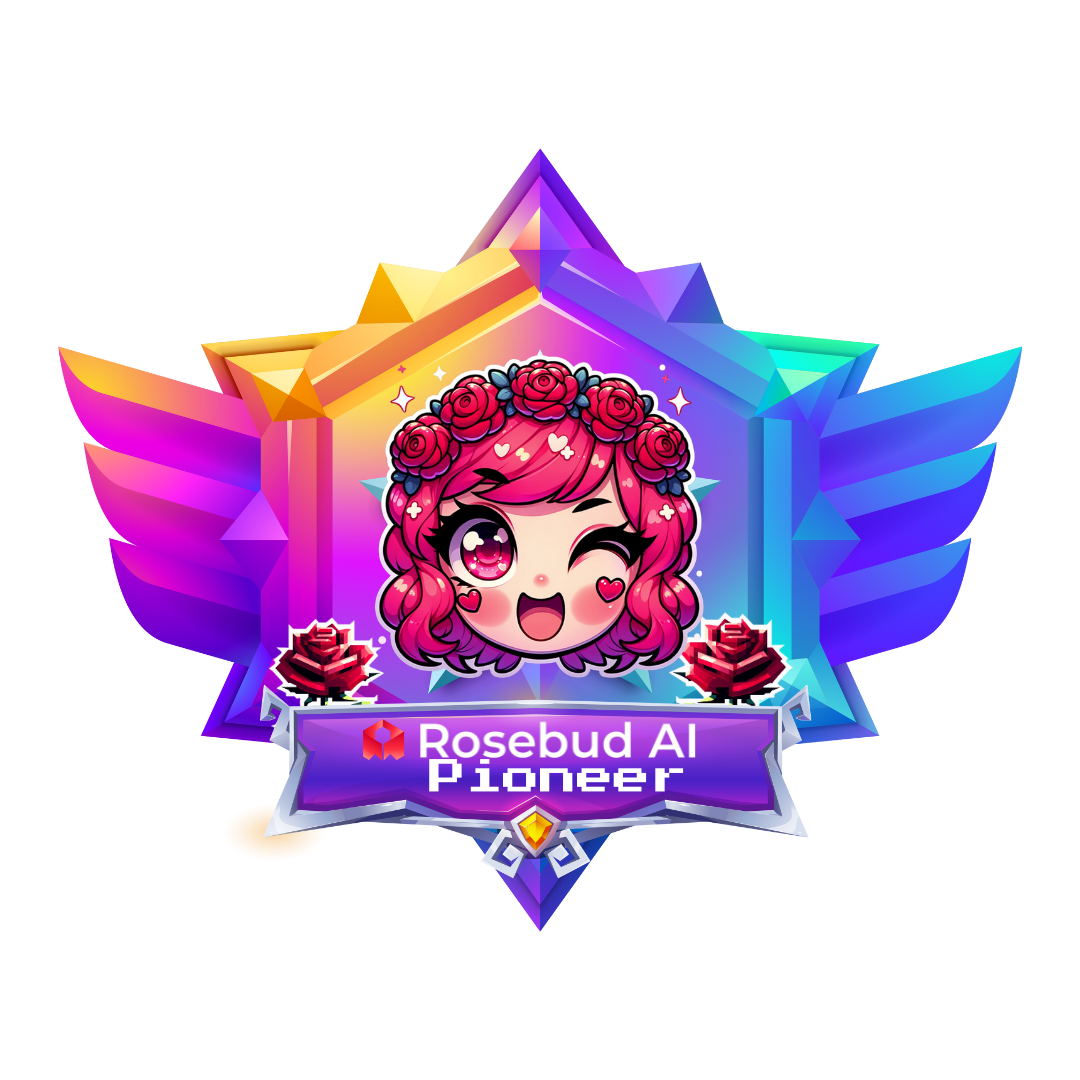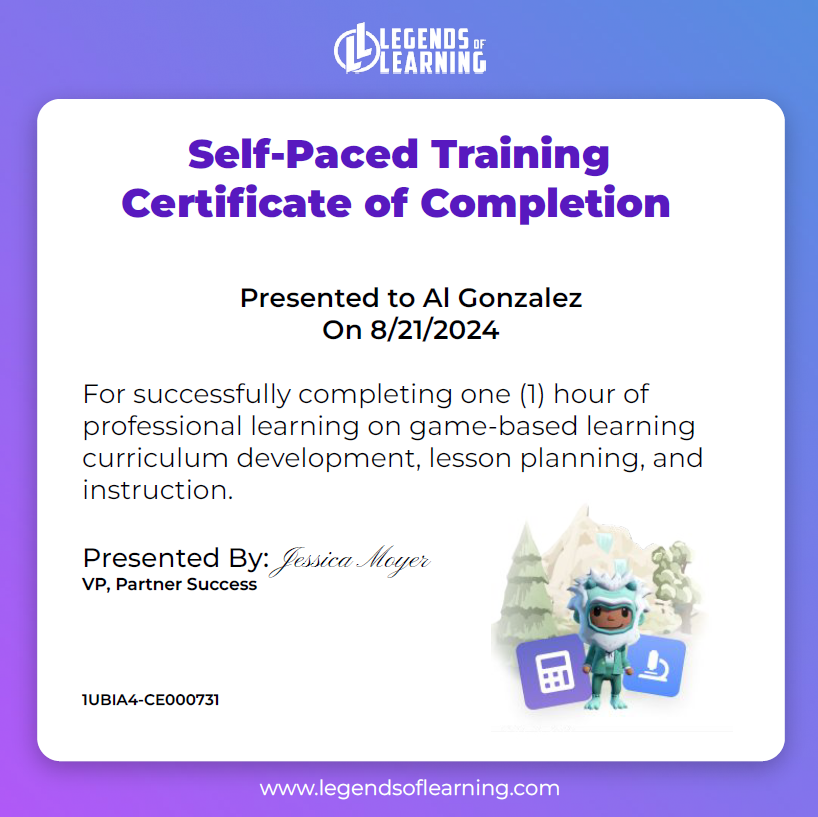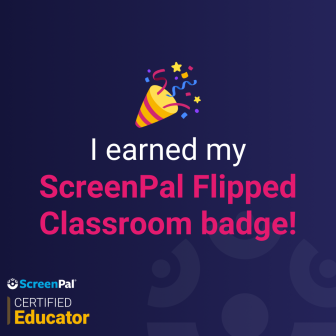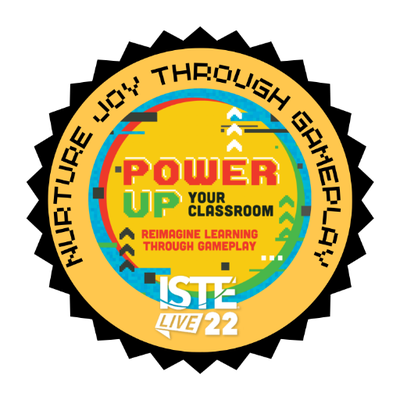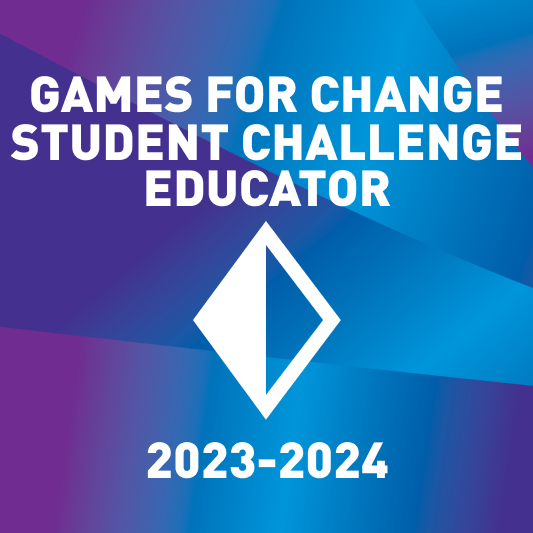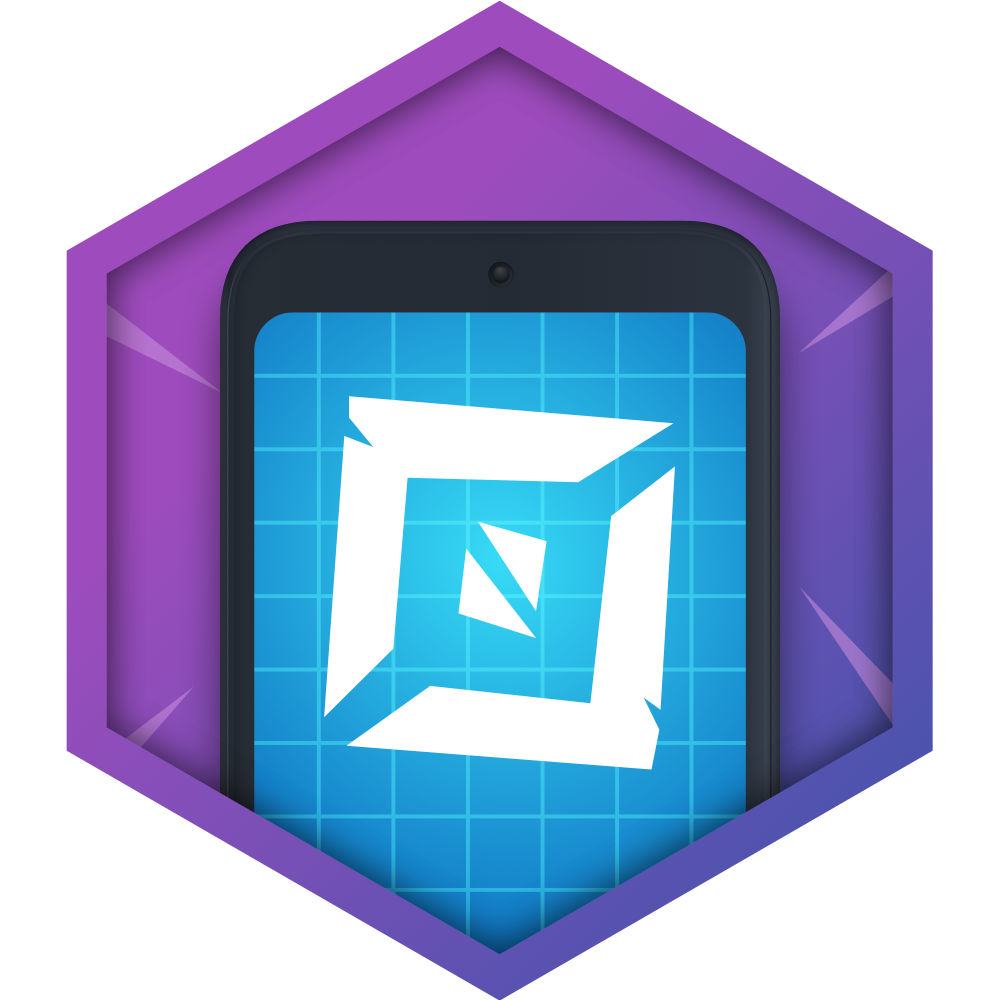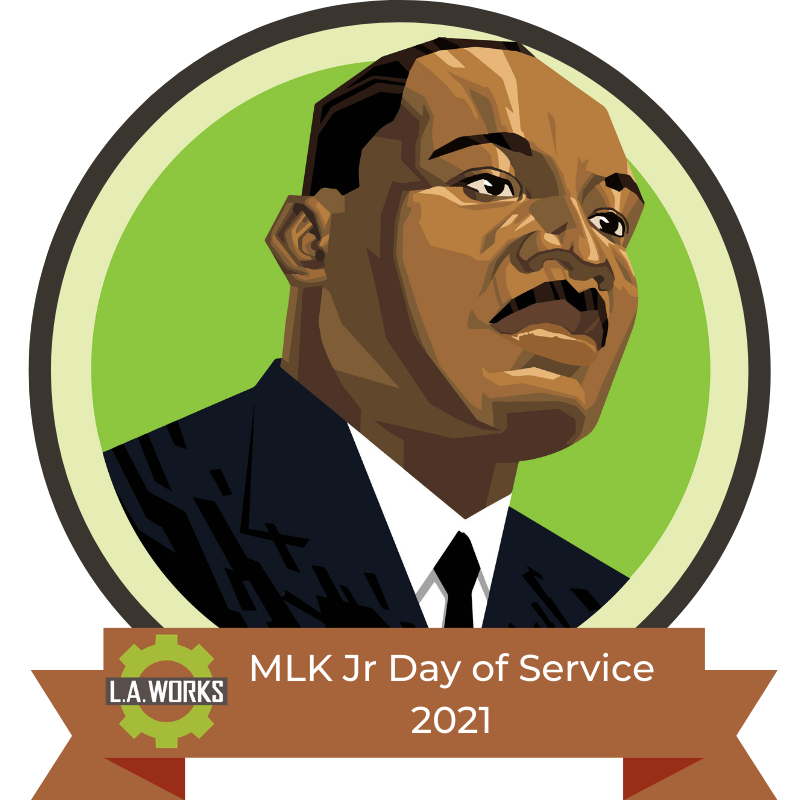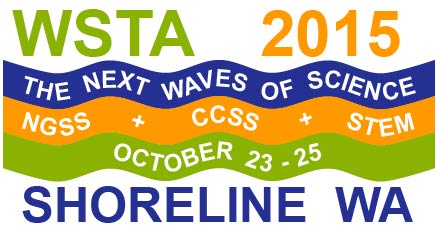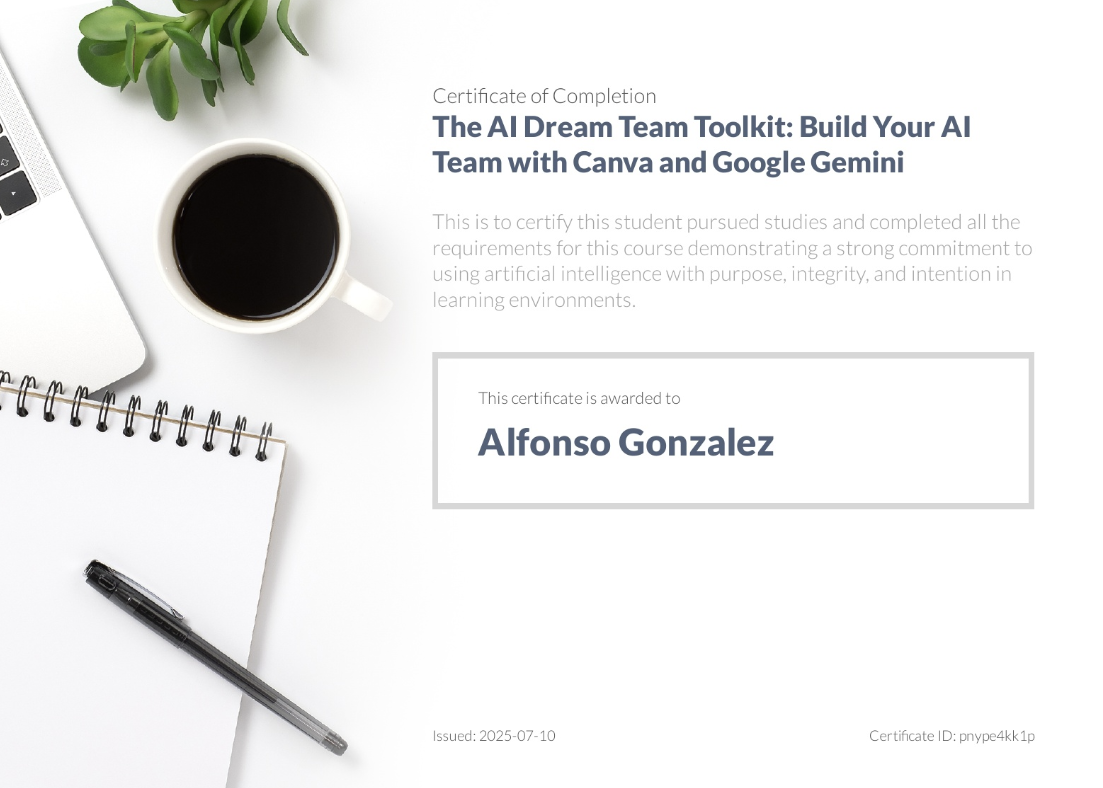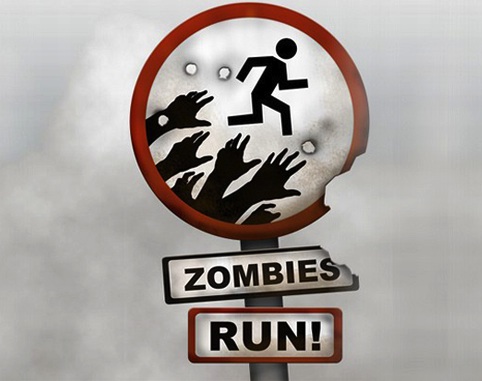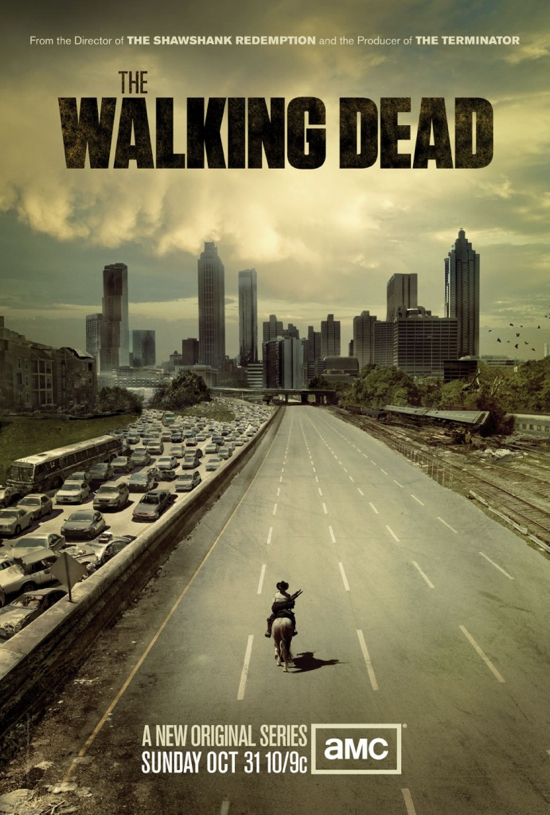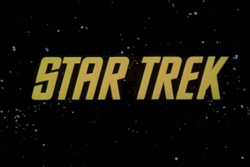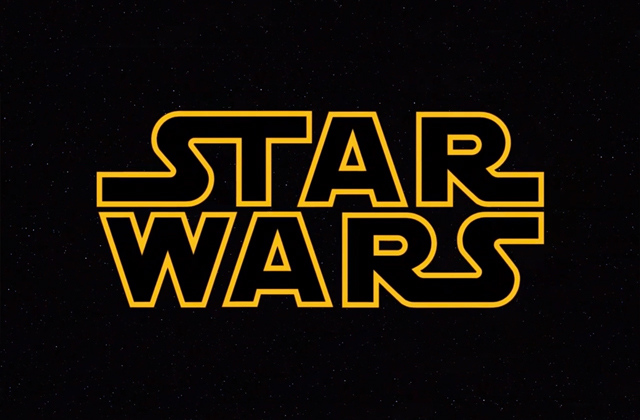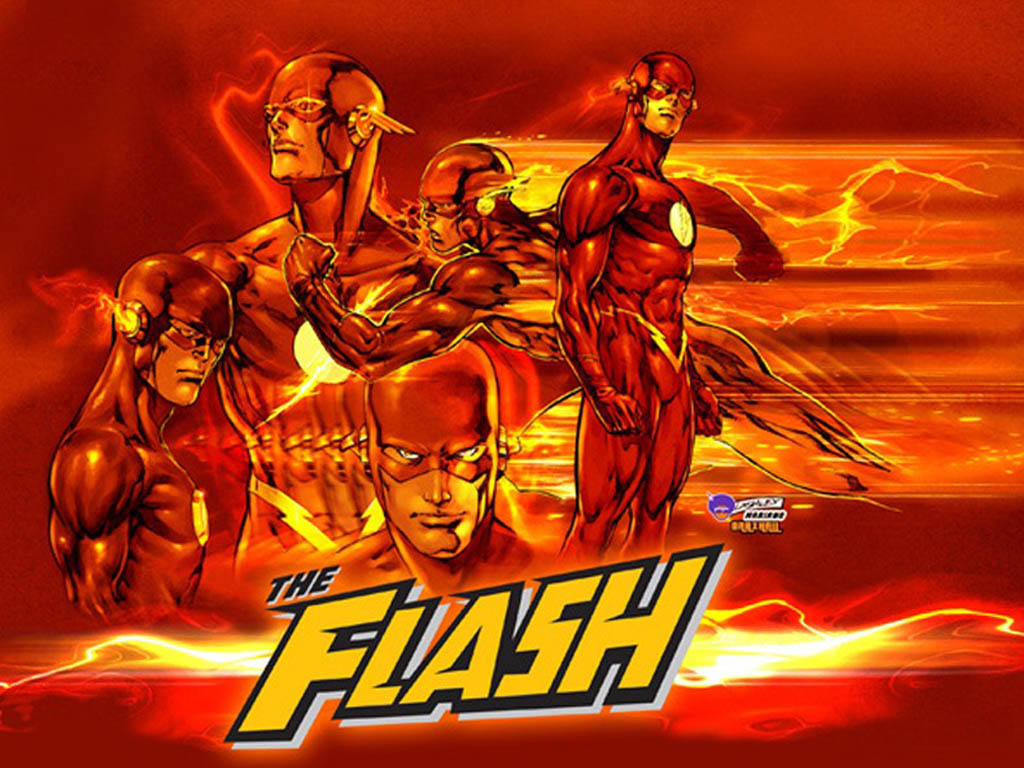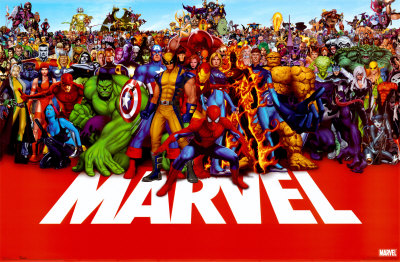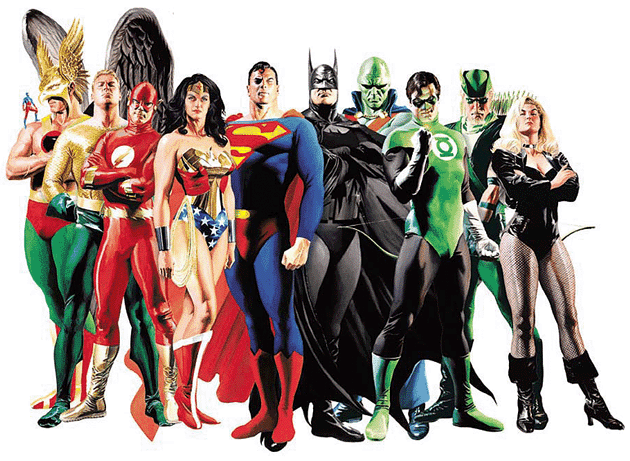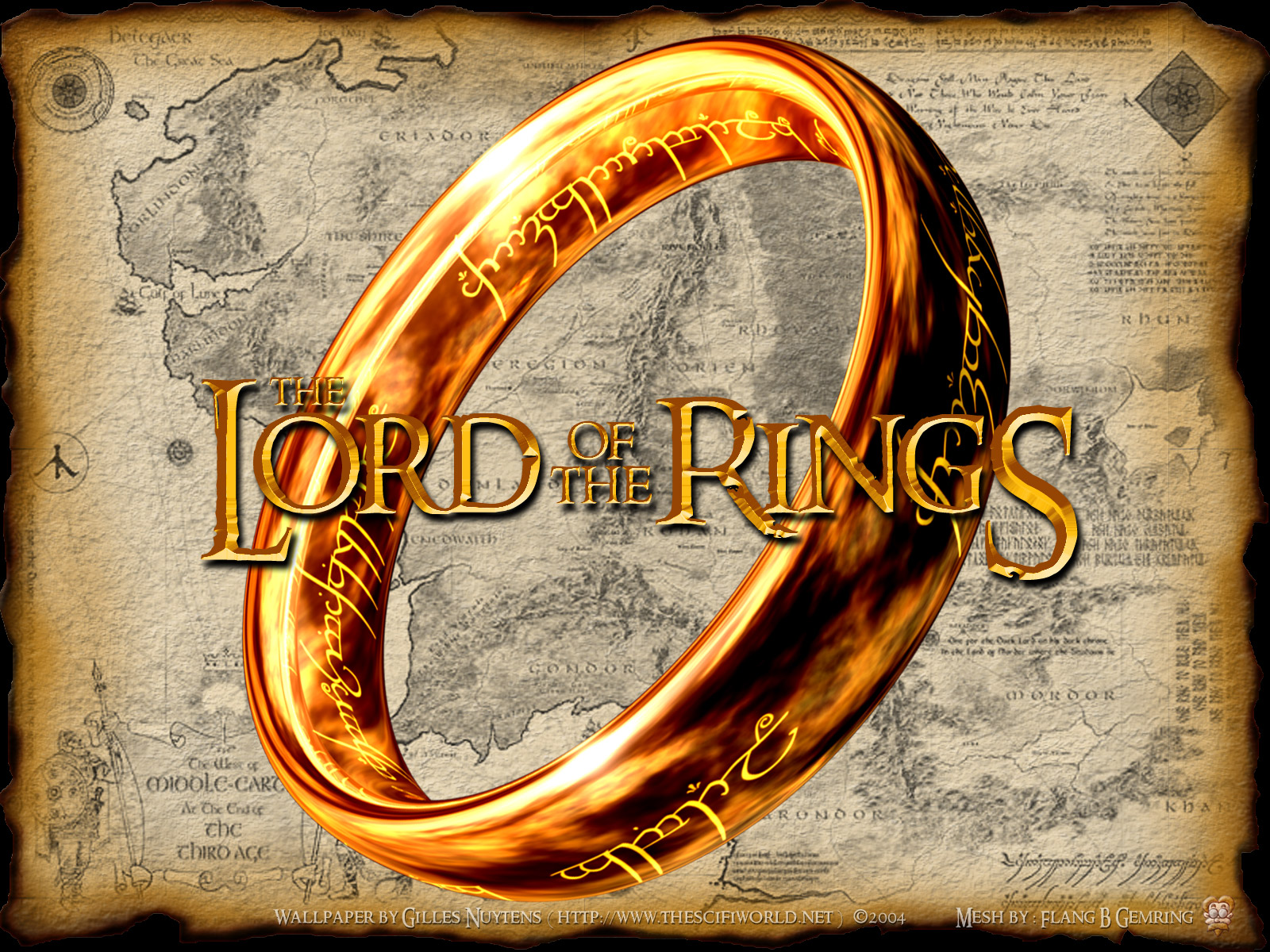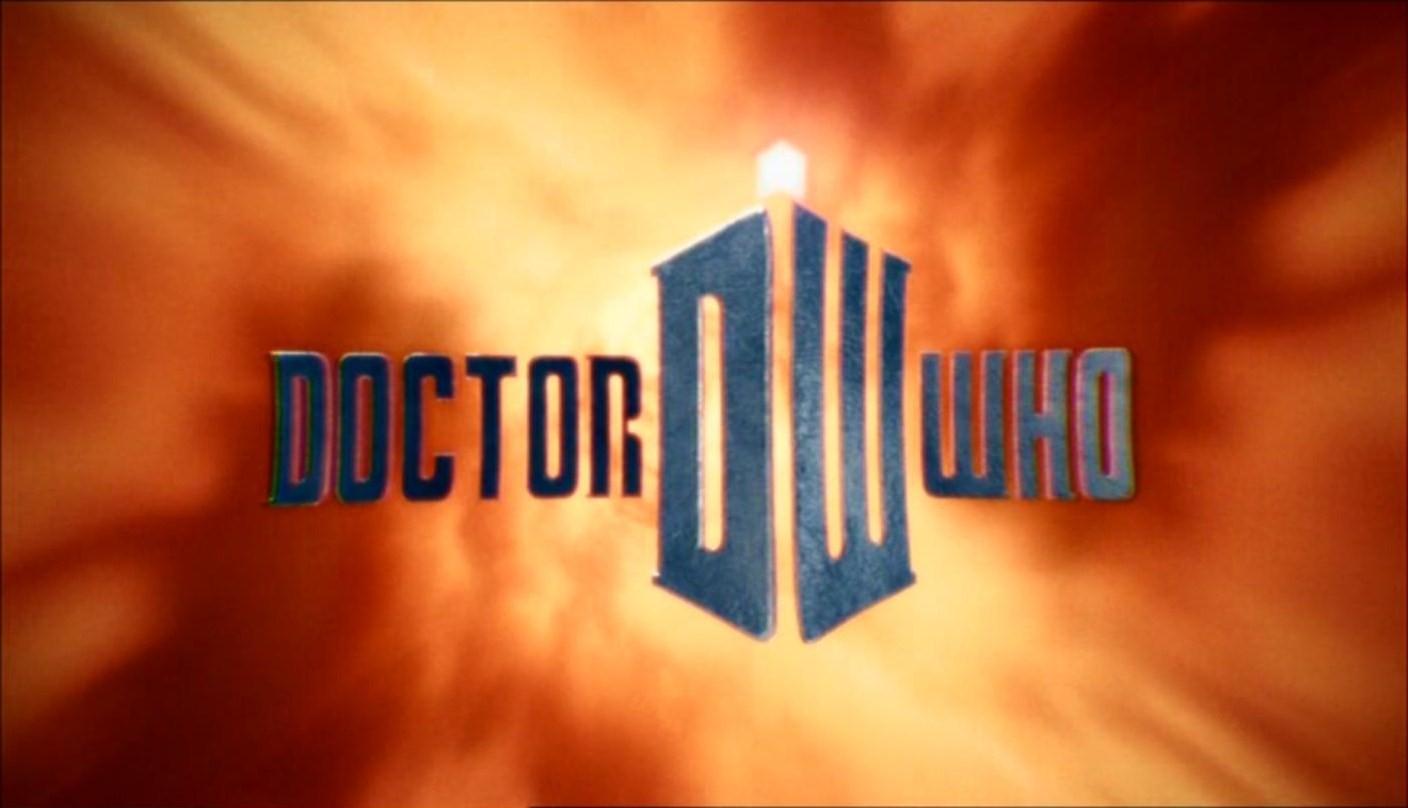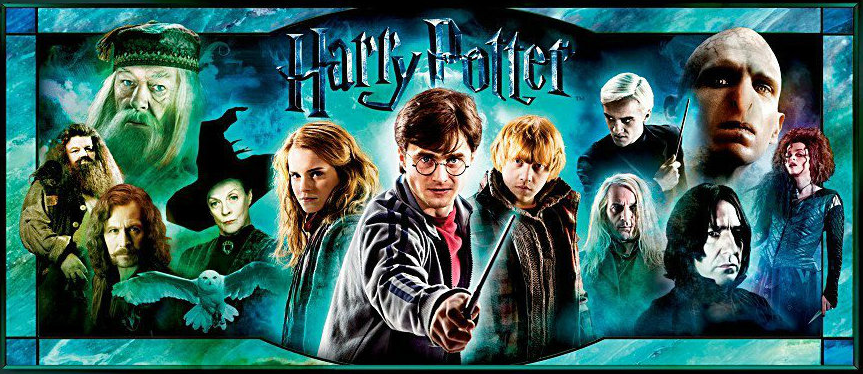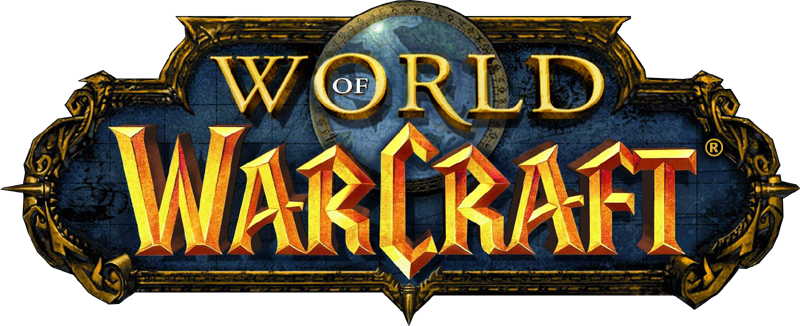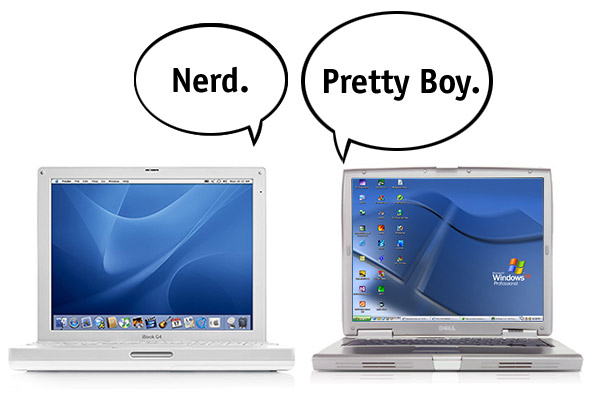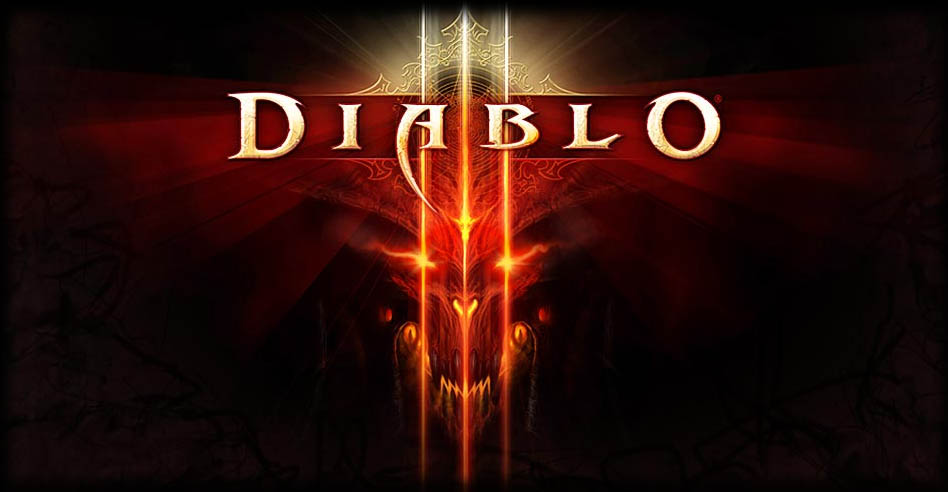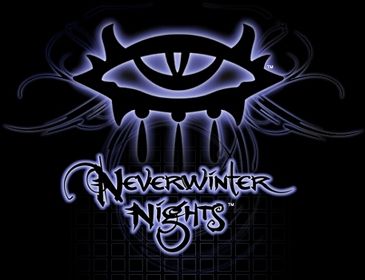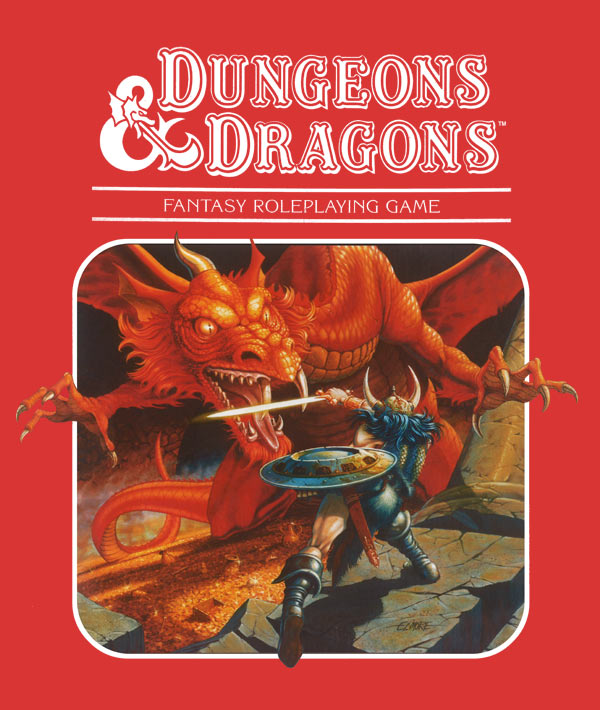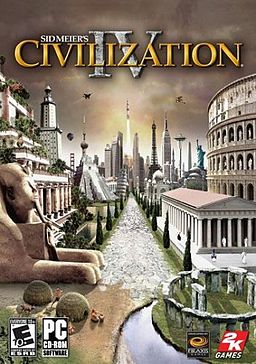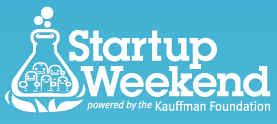 The weekend of Oct 19 I got to participate in a Startup Weekend, specifically the Startup Weekend Seattle EDU at the Evergreen School! From the About Section of the Startup website: “Startup Weekends are 54-hour events where developers, designers, marketers, product managers and startup enthusiasts come together to share ideas, form teams, build products, and launch startups!” I wasn’t sure what that meant. I mean, I had ideas but never having gone to anything like this I had quite the experience.
The weekend of Oct 19 I got to participate in a Startup Weekend, specifically the Startup Weekend Seattle EDU at the Evergreen School! From the About Section of the Startup website: “Startup Weekends are 54-hour events where developers, designers, marketers, product managers and startup enthusiasts come together to share ideas, form teams, build products, and launch startups!” I wasn’t sure what that meant. I mean, I had ideas but never having gone to anything like this I had quite the experience.
A little perspective, I started teaching at 24. I’ve basically been in school in one way or another for most of my life. I’ve never done anything else except for odd jobs. So things like business and developing products are rather foreign to me. The cool thing about this Startup Weekend was that its focus was education. This startup weekend included educators to work with the developers, designers, and business people.
I was asked if I wanted to attend by one of the Sponsors of the event, WA Stem. WA Stem asked us past grantees to join this effort to startup innovative solutions to education’s many problems. I went expecting to pitch my 6th grade water quality project as a solution to getting kids involved in environmental issues. When I got there Friday night at 6pm I almost chickened out. I didn’t think my “solution” fit the event and what people were pitching. The event host, Khalid Rudo, was a great presenter and very motivating urging everyone to pitch an idea. After a few people at my table told me to go for it, I went for it! Hearing an emphasis on edtech I pitched connecting my students globally to have them share ideas for environmental stewardship with kids covering different environmental issues. I thought it was a good idea!
Person after person went up. We each had one minute to introduce ourselves, state the problem we are trying to solve, and explain our solution and how it will solve the problem. The next step was to have all the participants vote on every idea pitched. There were over 30 ideas pitched all competing for the limited resource of people. A successful team should consist of a developer, someone who could program the solution, a designer to aid the the developer, a business person who could work on marketing and costs, yeah, the business end, and an educator to help ensure the solution would be helpful and accepted by schools and students and/or teachers.
The first step was getting votes. They had to narrow down the huge list of ideas. Each person was given three sticky notes to place on any idea. Wandering the room checking out which ideas were getting the votes I noticed mine was not getting any votes. In the end I did get one vote but the ones who could compete for teams were the ones that got the most votes and the top eight that were eventually chosen received a lot of votes. With that I had to give up working on my idea. So I then focused on joining a team where I could learn how this whole startup thing worked.
Eighth grade students from the Evergreen School interned at this EDU startup weekend and they not only helped run the program they also participated by pitching ideas! An 8th grader approached me with an idea to create a math game to help students who struggle with math by making it fun. I agreed to join him! He had a business guy and an educator so went hunting for developers. Developer after developer kept turning us down. After asking around we came upon a trio of two developers and a designer who were working on an idea of their own for an educational game who were interested in joining our team. We did have an educator and a business person after all.
So we got to work on our startup planning. Quickly we learned that there were some different ideas on which direction to go. Would we go with the 8th grader’s idea of creating a math game for learning basic math facts or would we go with the designer’s idea to take a lego mindstorm robot and create a game to teach basic programming skills as well as to enhance spatial reasoning, specifically in girls. Both great ideas but both very different. We slept on it Friday night as we each went our separate ways just before 11pm.
The next day, Saturday at 8am, we met again and after speaking to the event organizers the two developers and the designer decided to split from the kids to follow their idea, a lego mindstorm game idea. Needless to say the 8th grader, and his now growing team of fellow 8th graders, were not happy. I chose to go with the developers and the designer because, honestly, I could learn a lot from them and I curious to see how a game is developed from idea to working prototype.
That Saturday was a whirlwind. I was worried that I wouldn’t have much to offer the team. I mean I’m a teacher and I teach middle school kids. Young and hormonal and figuring out who they are and how they fit into this crazy world. I mean I know a lot about education and I have a handle on my ideas for reform but creating a computer game and getting it sold? Not much there. So I was pleasantly surprised and supremely pleased that I was able to be a contributing member to my team! They appreciated me and my input, ideas, and work! The idea was to target girls at a young age, starting around age 5 to about age 10. Taking a toy that is popular among girls, the fijit, and making it programmable, like a lego mindstorm. But that’s just the toy part. That’s the part that will help girls visualize the moves they program in the game, developing their spatial reasoning, which has been shown to not be as developed as boys in high school and beyond.
I helped with ideas for the game, being a gamer came in handy, which was the other part of the fijit/lego mindstorm plan. That part was the cheaper part which was being developed as an app that would start out being free with higher levels costing a few bucks. I provided research on the need for girls to develop visual/spatial reasoning and the lack of current toys and games on the market, targeted to girls, to help compete in this male dominated field. Our programmers worked feverishly, one focusing on the UI and the other focusing on the API. Yeah, I’m not sure what that means. They used C#, I’ve never heard of that one, to create a prototype app style version of the game. I was amazed at the ease with which those guys wrote code! Sunday was the day to wrap up the idea and prepare the presentation for the final pitches. In order to get a working game the programmers stayed up working most of the night!
Sunday we were way behind. Seven of the eight teams were preparing their final pitches and we were still working. The game prototype that our developers created worked on a very simple first level but making the game move the fijit style “pet” on the lego mindstorm unit was the really cool part that they actually got to work.
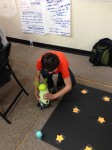
Here’s an 8th grader testing lego/fijit hybrid.
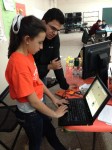
This 8th grader is trying out the game prototype (she thought it was cool).
Final pitches were to be five minutes before a panel of judges. We were to state the problem we were trying to solve, the solution and how it would solve the problem, and its business viability (will it sell and how will it make money). We didn’t have a business person in our group but we got lots of feedback throughout the weekend. As an educator I felt good that the way I worked with my team is the way I have my students work when they work on projects! It’s nice to see how the skills we practice in class are “real life” skills kids will definitely need no matter what they decide to do! Our idea was called Magical Petz and we gave our final pitch and answered the judges questions.
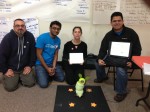
Here’s our team with our prototype game and toy.
Our idea did not place. One idea they chose as the clear winner and they only selected another idea for second place. They didn’t select a third place winner, even though it is customary and that seemed really harsh to me since the pitches were all really good. Well, at least I thought so, which shows how little I know. Surely one of the other six ideas merited getting third place! And what’s worse? The kid team I left. Yeah, they got second place. I was schooled by an 8th grader. 🙂
The winning idea is actually one that I would purchase when it comes on the market. It was cool because it was an idea pitched by a teacher and it’s going to happen! His problem was collecting useful data on students that isn’t limited to standardized tests or other forms of testing. He noticed that while talking to students the notes he wrote on his clipboard were really useful. He really wanted to attach those notes to individual kids with any audio or video footage he shoots right then and there. To organize this in an Evernote sort of way would be quite useful, especially if he could choose parts of his “notes” to share with parents or other teachers. That morphed into ClipFolio and I will be looking out for that app.
Overall an excellent experience! Thank you WA Stem!

